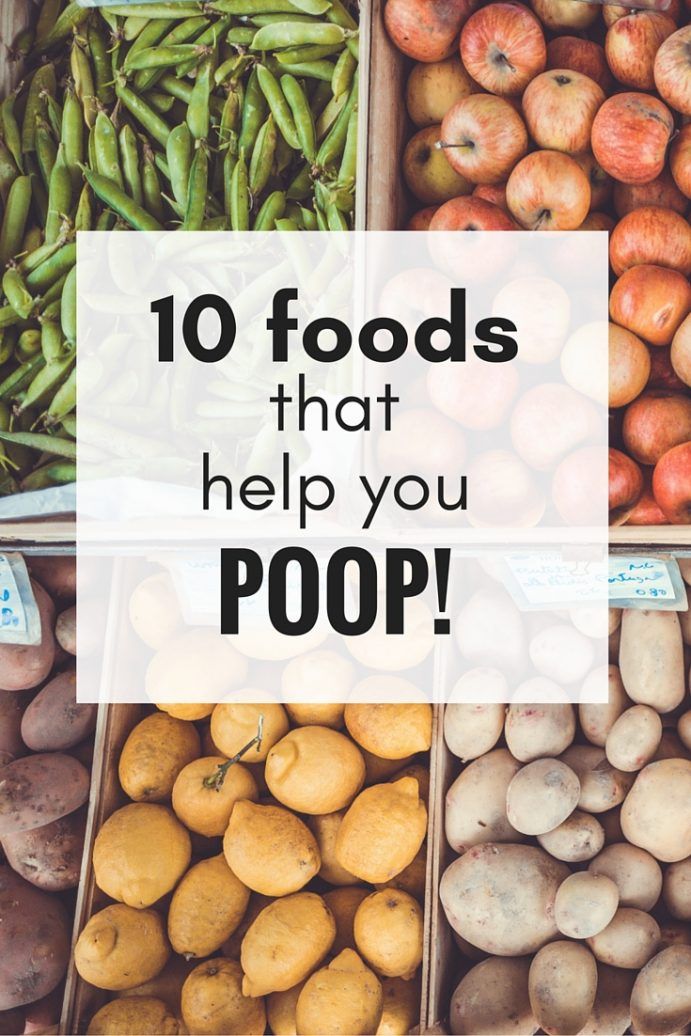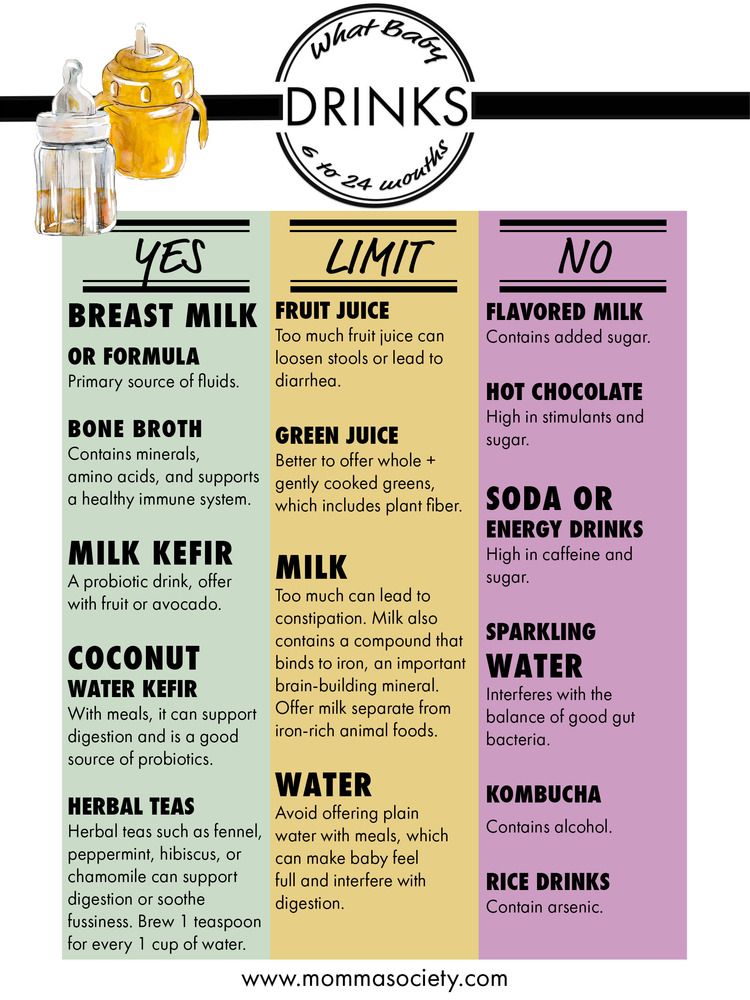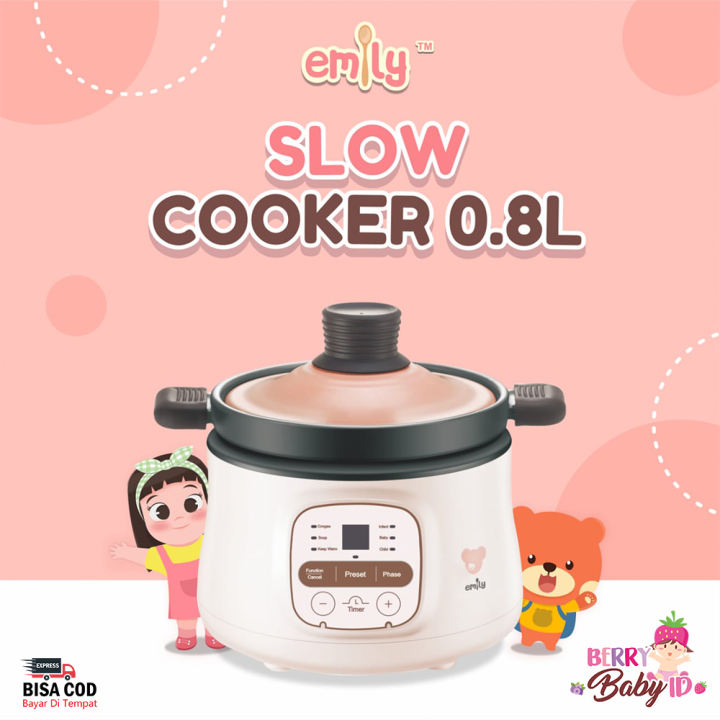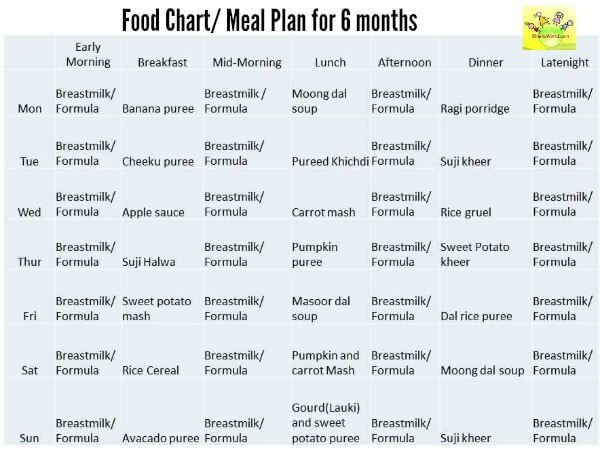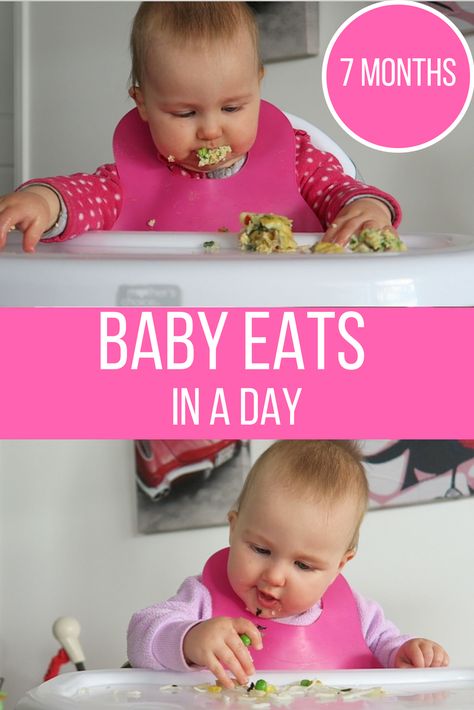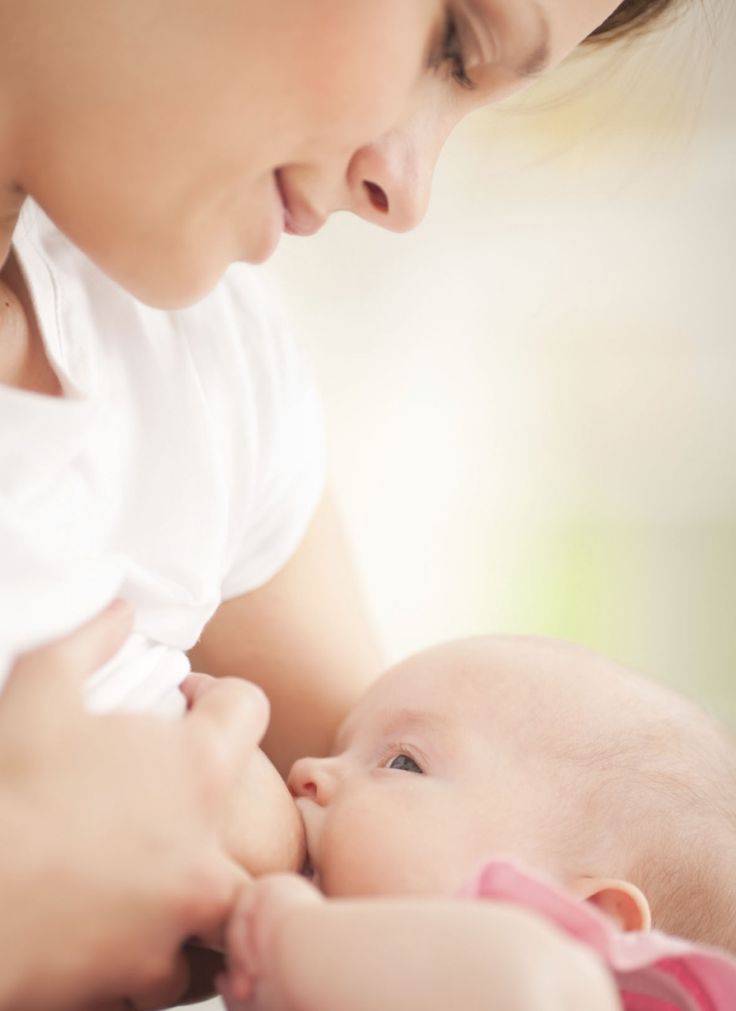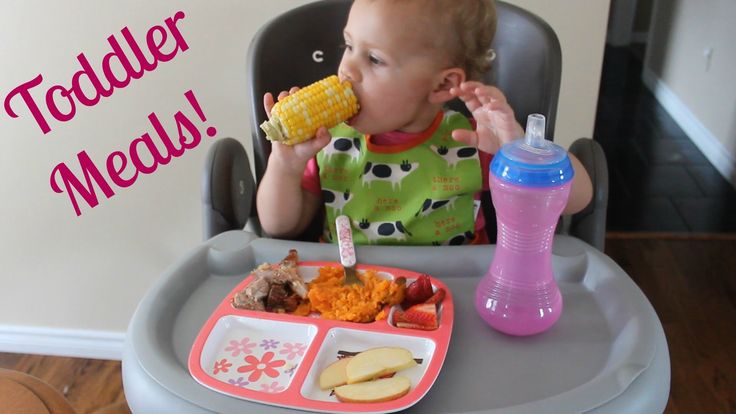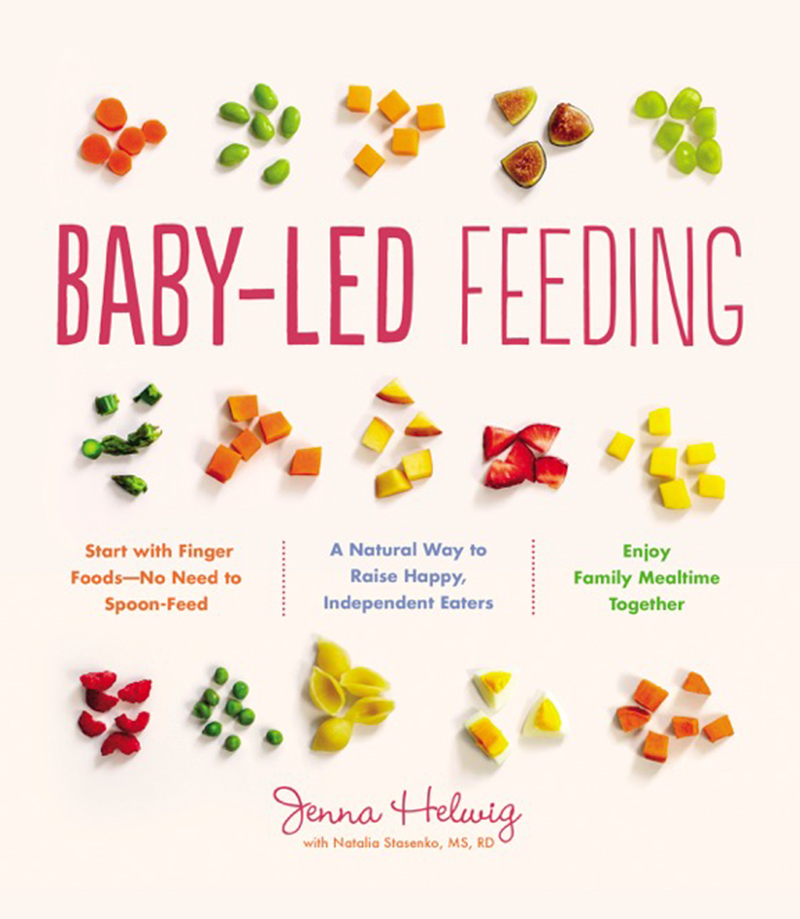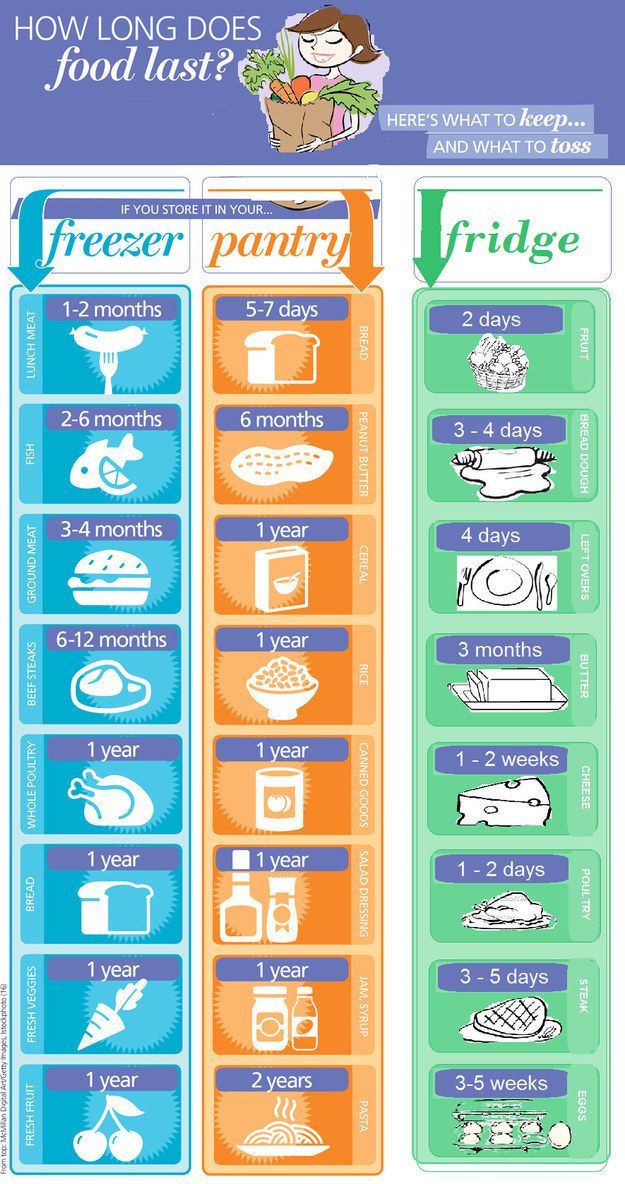What food is good for constipation baby
Baby constipation: Top 7 home remedies
Babies often go a long time between bowel movements. Most of the time, it is normal for a baby to go days or even more than a week without a bowel movement. However, a baby may sometimes be constipated and need a little help.
If a baby is constipated, a pediatrician may recommend using home remedies as a first-line treatment for baby constipation.
Home remedies for constipation in a baby include:
1. Exercise
Moving a baby’s legs can help relieve constipation.
As with adults, exercise and movement tend to stimulate a baby’s bowels.
However, as babies may not be walking or even crawling yet, a parent or caregiver may want to help them exercise to relieve constipation.
The parent or caregiver can gently move the baby’s legs while they are lying on their back to mimic the motion of riding a bicycle. Doing this may help the bowels function and relieve constipation.
2. A warm bath
Giving a baby a warm bath can relax their abdominal muscles and help them stop straining. It can also relieve some of the discomfort relating to constipation.
3. Dietary changes
Certain dietary changes may help constipation, but these will vary depending on the baby’s age and diet.
While breastfeeding a baby, a woman could eliminate certain foods, such as dairy, from her diet. It may take some trial and error to identify the dietary changes that help, and it is quite possible that changes in the diet will have no effect on the baby’s constipation.
For formula-fed babies, a parent or caregiver may want to try a different kind of formula. It is best not to switch to a gentle or dairy-free formula without consulting a pediatrician first. If one change does not make a difference, continuing to try different formulas is unlikely to help.
If an infant is eating solid foods, parents or caregivers should look to introduce foods that are good sources of fiber.
Many fruits and vegetables can help stimulate the bowels because of their higher fiber content.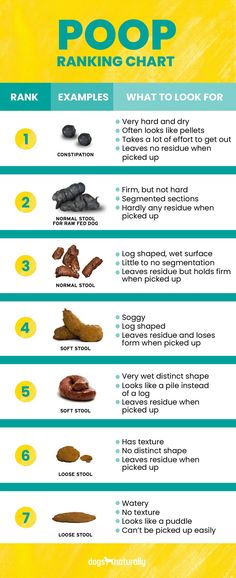 Good food choices for babies with constipation include:
Good food choices for babies with constipation include:
- skinless apples
- broccoli
- whole grains, such as oatmeal or whole-grain bread or pasta
- peaches
- pears
- plums
4. Hydration
Young infants do not typically need supplemental liquids as they get their hydration from breast milk or formula.
However, babies that are constipated may benefit from a small amount of extra liquid.
Pediatricians sometimes recommend adding a small amount of water or, occasionally, fruit juice, to the baby’s diet when they are over 2–4 months old and are constipated.
5. Massage
There are several ways to massage a baby’s stomach to relieve constipation. These include:
- Using the fingertip to make circular motions on the stomach in a clockwise pattern.
- Walking the fingers around the naval in a clockwise pattern.
- Holding the baby’s knees and feet together and gently pushing the feet toward the belly.
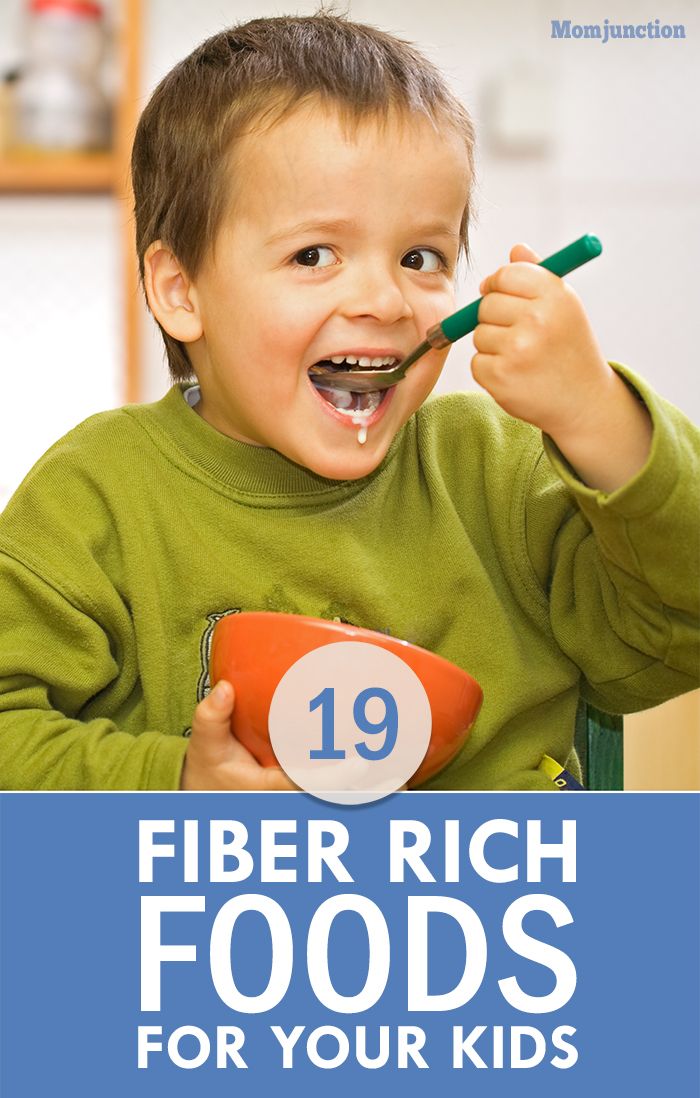
- Stroking from the rib cage down past the belly button with the edge of a finger.
6. Fruit juice
A small amount of pure apple juice can help soften stool.
After a baby reaches 2–4 months of age, they can have a small amount of fruit juice, such as 100-percent prune or apple juice. This juice may help treat constipation.
Experts may recommend starting with about 2–4 ounces of fruit juice. The sugar in the juice is hard to digest. As a result, more liquid enters the intestines, which helps soften and break up the stool.
However, a parent or caregiver should not give fruit juice to a baby for the first time without consulting their pediatrician.
7. Taking a rectal temperature
When a baby is constipated, taking the baby’s rectal temperature with a clean, lubricated thermometer may help them pass stool.
It is important not to use this method very often, as it can make constipation worse. The baby may start not wanting to pass a bowel movement without help, or they may begin to associate having a bowel movement with discomfort, leading them to fuss or cry more during the process.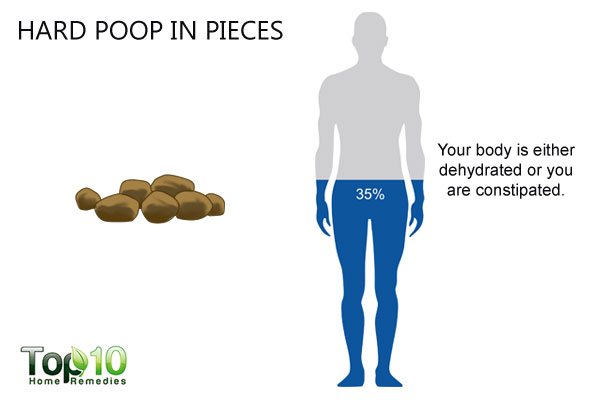
Anyone who feels as though they often need to use this method to help the baby have a bowel movement should talk to the baby’s doctor.
As infants may go for extended periods without a bowel movement, it can be hard to tell if they are constipated. Signs that indicate constipation in a baby include:
- infrequent stools that are not soft in consistency
- clay-like stool consistency
- hard pellets of stool
- long periods of straining or crying while trying to have a bowel movement
- streaks of red blood in the stool
- lack of appetite
- a hard belly
Signs of constipation in babies vary depending on their age and diet. A normal bowel movement before a baby begins eating solid food should be very soft, almost like the consistency of peanut butter or even looser.
Hard baby stool prior to solid food is the most obvious indication of constipation in babies.
At first, breastfed babies may pass stool often since breast milk is easy to digest.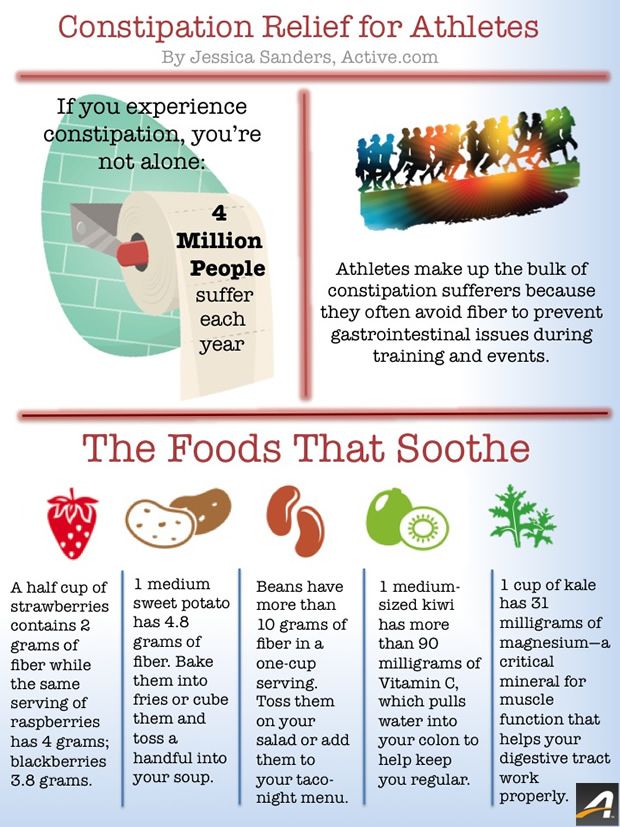 However, once a baby is between 3 and 6 weeks old, they may only pass a large, soft stool once a week and sometimes even less.
However, once a baby is between 3 and 6 weeks old, they may only pass a large, soft stool once a week and sometimes even less.
Formula-fed babies tend to pass stool more frequently than breastfed babies. Most formula-fed babies will have a bowel movement at least once a day or every other day. However, some formula-fed babies may go longer between bowel movements without being constipated.
Once a parent introduces solid food to a baby’s diet, a baby may be more likely to experience constipation. A baby may also be more likely to become constipated if a parent or caregiver introduces cow’s milk (other than formula) to their diet.
Share on PinterestA doctor should assess a baby with ongoing constipation.
It is advisable to call a pediatrician if a baby has not passed a stool after a day or two and there are other signs present, such as:
- blood in the stool
- the baby seems to be irritable
- the baby appears to have abdominal pain
- there is no improvement in the baby’s constipation after taking steps to treat it
Treatment typically starts with home remedies.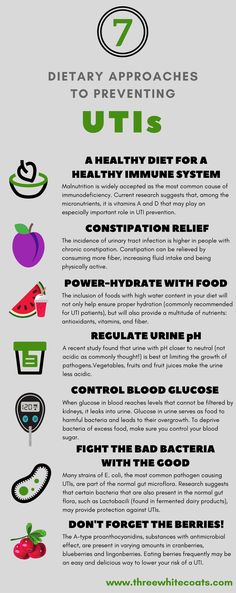 If home remedies do not work, a doctor may examine the baby and, in rare cases, prescribe medications, such as:
If home remedies do not work, a doctor may examine the baby and, in rare cases, prescribe medications, such as:
- laxatives
- enemas
- suppositories
People should never give these medications to a baby unless a doctor prescribes them.
Constipation can lead to discomfort and irritability in a baby. People can try several at-home methods to help alleviate constipation.
If symptoms do not improve, it is best to speak to the infant’s pediatrician for additional strategies.
Read the article in Spanish.
Are There Baby Foods that Help with Constipation?
While parenting brings many surprises, one of them is likely how much you’ll think about poop, or lack thereof, especially during that first year. But here you are worrying about your baby’s digestive tract and convinced that they’re constipated.
If you’ve recently introduced your baby to solid food, then your worries may be on target: solid foods can put a strain on your baby’s developing digestive tract and cause constipation.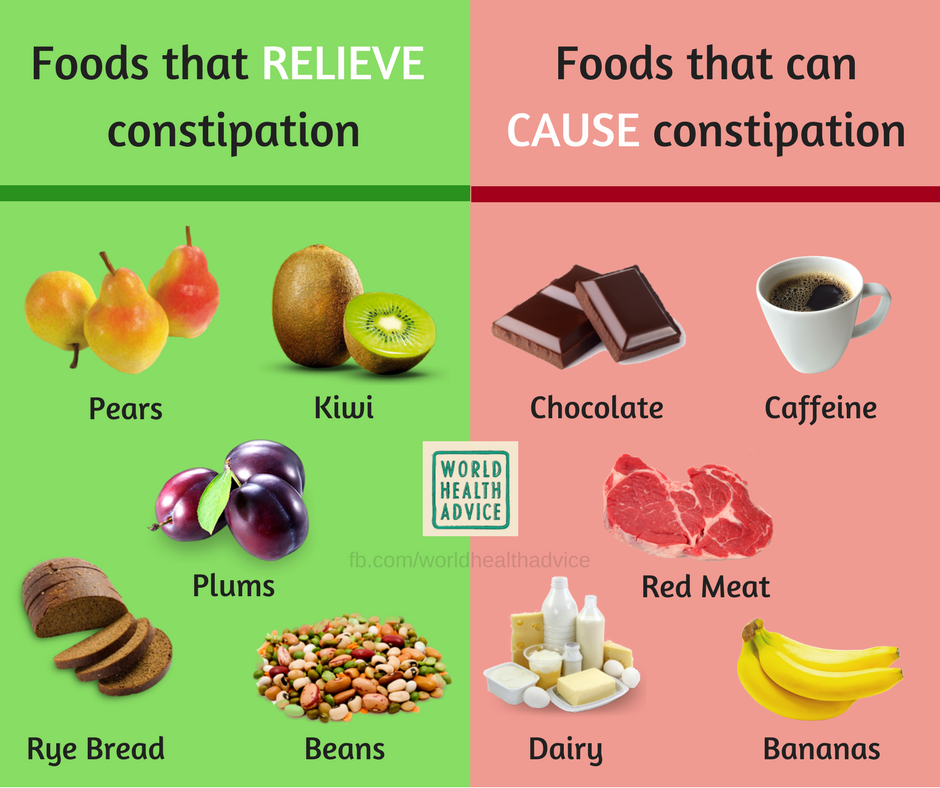 But there are things you can do to help!
But there are things you can do to help!
Before you begin treating constipation you should determine if there is really an issue at all. So here’s the scoop on poop and how to tell if your worries are founded and your baby is constipated.
Breastfed babies
During the first few weeks, you’ll find yourself changing diapers with alarming regularity. Figure in every feed or so.
But don’t despair, because by the time your baby reaches 6 weeks old, they may have a bowel movement only once or twice a day. On the other hand, they may have one only every 7–10 days. (Yep, the frequency really can vary that much.)
The poop is yellow, soft, runny and sometimes lumpy and the smell isn’t unpleasant.
Formula-fed babies
A newborn, formula-fed baby typically poops up to five times a day. At about 6 to 8 weeks, this may decrease to around once a day.
Formula-fed babies have poop that is a camel to brown color with a thicker consistency, more like paste.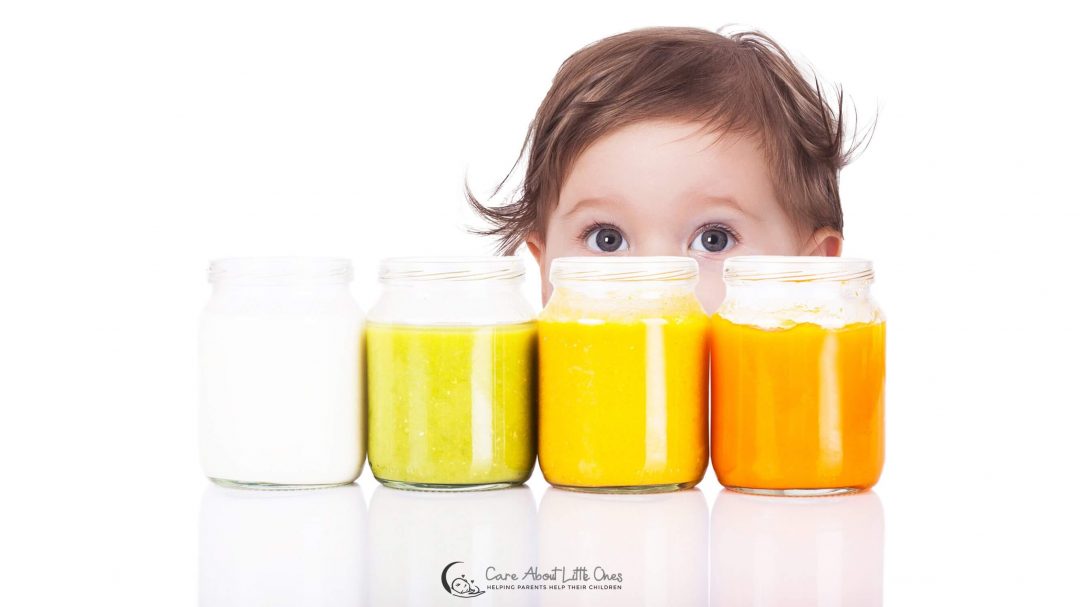 Most likely, the less-than-aromatic smell means you’ll hermetically seal soiled diapers before you toss them into the garbage.
Most likely, the less-than-aromatic smell means you’ll hermetically seal soiled diapers before you toss them into the garbage.
Signs that your baby is constipated
You’ve noticed that your baby’s tummy isn’t following the schedule that you got used to. Could it be constipation? Here are the signs that could confirm your suspicions:
- You notice that they cry or fuss while they’re trying to have a hard bowel movement.
- The poop, when it does come, is like hard pellets.
- You notice streaks of red blood in the hard poop.
While it’s not easy for a baby on a liquid diet to become constipated, trouble can start when you start introducing your baby to solid foods at around 6 months. Here’s why:
New food types
Think of it as a learning curve: Your baby’s body is learning how to cope with a new kind of food to digest as they move away from their full liquid diet and you need to soften the learning curve. (Pardon the irresistible pun..jpg) )
)
Changes to fluid intake
Decreased fluids will make your baby’s poop harder and more difficult to push out. If they’ve started solids, they may need to up their fluid intake to offset the solid food. And if your baby is teething or feeling unwell, it can also lead to them taking in less fluid than usual.
Lack of fiber
Even though they’re just starting out, babies’ tummies work like ours. While initially the move to solids that have fiber (from breast milk or formula, which don’t) can cause temporary constipation, their tummies will adjust.
Make sure to monitor your baby’s fiber intake and pair it with plenty of hydration for a smooth ride the same way that you monitor yours.
OK, so you’ve confirmed that your baby is constipated. The next step is helping to alleviate the strain on their developing digestive system.
Remember that you can keep offering these foods as your baby develops into a toddler and beyond. In fact, there is little research or evidence to support specific foods (including high fiber ones) in treating or preventing constipation in infants.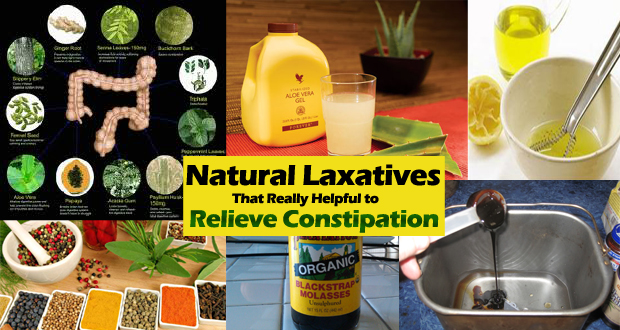 Most of these recommendations are based on evidence for older adults and children.
Most of these recommendations are based on evidence for older adults and children.
Keep in mind that good practice when introducing solids is to introduce foods as single ingredients. That way, if your baby is allergic to certain foods, you’ll be able to more easily trace the source.
If your little one hasn’t tried these foods before, don’t rush the process. Test out one at a time and then introduce combinations once you’re confident they’re well tolerated.
- Back to basics. Give your baby’s digestive tract a break by feeding them mashed avocado or sweet potato purée. These are easy to digest and may give your baby the kick start they need.
- B vegetables. Think broccoli, Brussels sprouts, and beans. Purée these for a meal filled with fiber.
- P fruits. Your grandmother was right — bring on the prunes for quick work. A purée that includes a mix of prunes plus pears, plums, or peaches should work magic.
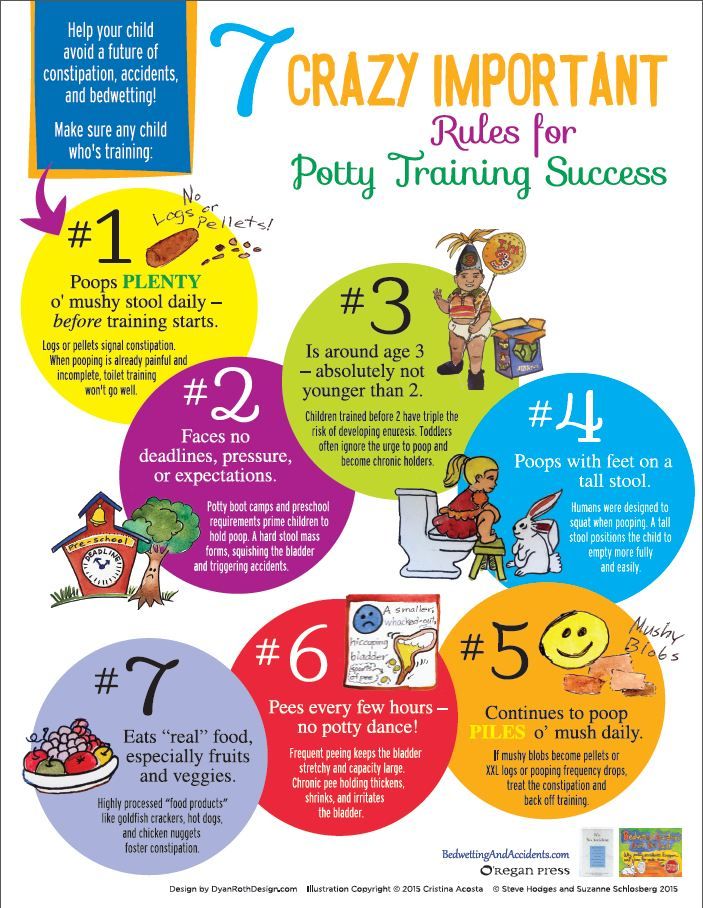 Try subbing the prunes with dates for a change.
Try subbing the prunes with dates for a change. - Bring on the fiber. If your baby is over 8 months, you can offer them whole grains like oatmeal, fiber-rich cereals, whole wheat pasta, and brown rice.
- Water intake. Until 6 months an exclusively breastfed or formula-fed baby doesn’t need to drink water. Above this age, you can introduce small amounts of water.
Plums and pears with cinnamon
Cut 2 or 3 pears and plums into small pieces. Place in a saucepan with a small amount of water and simmer until soft. Add in a sprinkle of cinnamon. Blend thoroughly.
Sweet potato with apple and peach
Cut half a sweet potato, one apple, and half a peach into small pieces. Place in steamer basket and cook until tender. Blend until smooth.
Spinach and apple purée
Chop two apples into small chunks and cook in saucepan with about 1/2 cup of water. When they’re tender, add about 1 cup of spinach and cook another 2 to 3 minutes.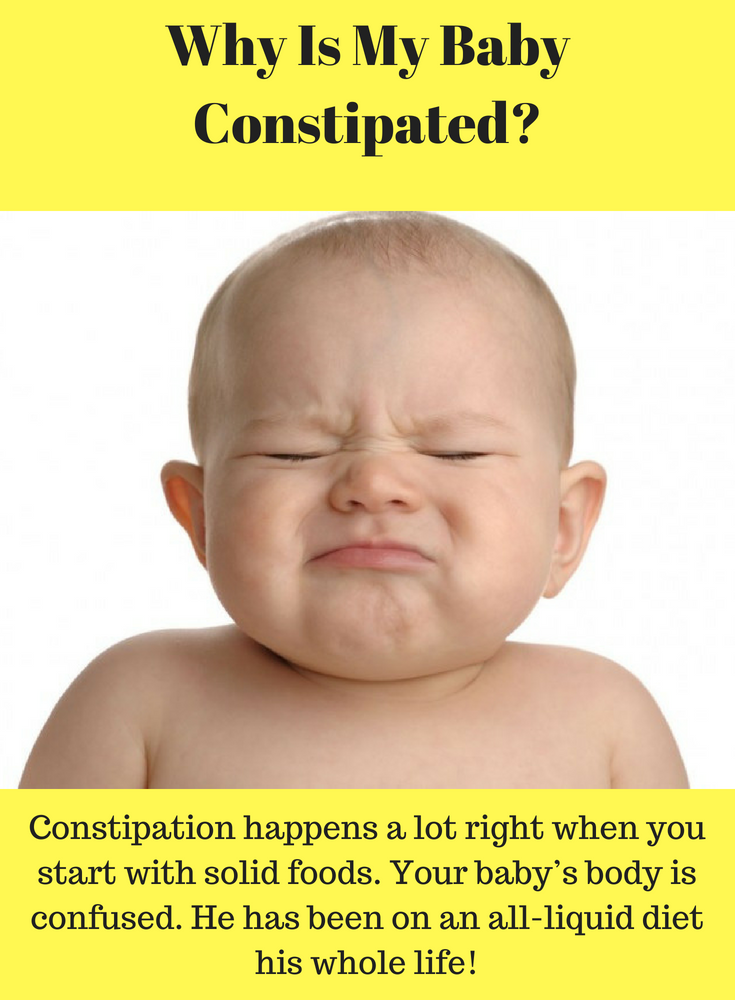 Purée until smooth. Can be seasoned with cinnamon and ginger.
Purée until smooth. Can be seasoned with cinnamon and ginger.
Some sources suggest prune, pear, and apple juices help to increase the water content in poop and can ease constipation.
However, the American Academy of Pediatrics recommends steering clear of fruit juice for children younger than 1 year old. You can stick with these fruits as purées for similar effects.
What is it about prune juice? The high levels of sorbitol and phenolic substances in prune juice and dried plums act as a laxative and diuretic properties. So if your child is over 1 year old, you can use small amounts of prune juice to encourage their system to run.
Some studies show that constipation may affect as much as 30 percent of children. If your child is part of the unlucky statistic, here are some foods that you may want to give them smaller amounts of until it passes:
- bananas
- dairy products such as cheese and yogurt
- low fiber foods like white rice, white bread, and white pasta
If you’re like most parents, you’ll be up for whatever you can try to help your baby get comfortable fast.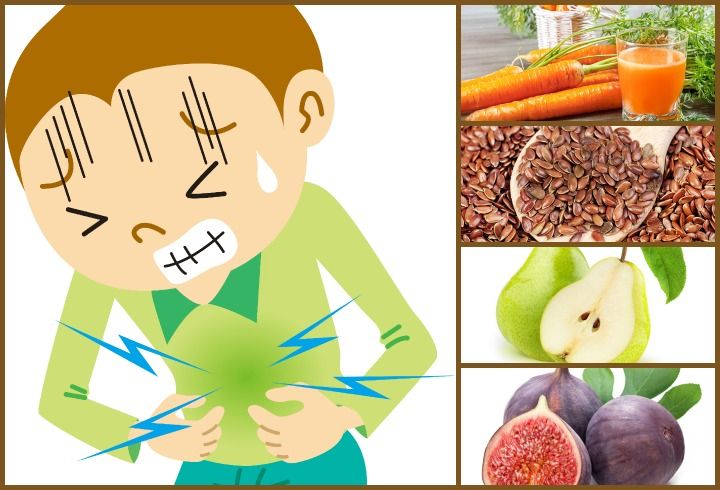 Here are a few tricks that you can use to ease your baby’s constipation:
Here are a few tricks that you can use to ease your baby’s constipation:
- Warm baths. These can relax those abdominal muscles and get them working.
- Exercise. Lay your baby on their back and push their legs alternately as if they’re cycling a bike. Alternatively, hold their knees and feet together and push their feet towards their belly.
- Massage. Use your fingertip to draw clockwise circles on your baby’s stomach.
If you see that despite your home remedies, your baby still is having hard stools or hasn’t pooped after 2 or 3 days from their last hard stool, then contact your pediatrician. Especially if you consistently notice blood in their poop or your baby is extremely irritable and appears to be in pain.
While dealing with your baby’s toilet issues may seem a tad unsavory, you’ll soon be so used to it, that you’ll find yourself sharing your insights over coffee with other parents. And don’t be shy about sharing the yummy food combinations you discover to keep things moving.
Proper nutrition for constipation what to eat and what not to eat
Constipation is called stool retention, temporary or permanent. Construction can be a nuisance at any age, from babies to the elderly. This disease is so common that many people are in no hurry to treat it.
Constipation, however, can lead to serious complications and is more difficult to get rid of. In principle, such delicate problems as constipation are easily solved with the help of a diet. Learn about foods that are good for constipation.
Causes and effects of constipation
Constipation due to malnutrition.
Many people suffer from constipation in babies. Constipation is not considered a disease, but rather a symptom or result of a lifestyle.
However, chronic constipation and regular use of laxatives cause not only hemorrhoids and anal fissures, but also other diseases that are not easy to get rid of.
A proper diet, exercise and drinking regimen for constipation can solve this problem.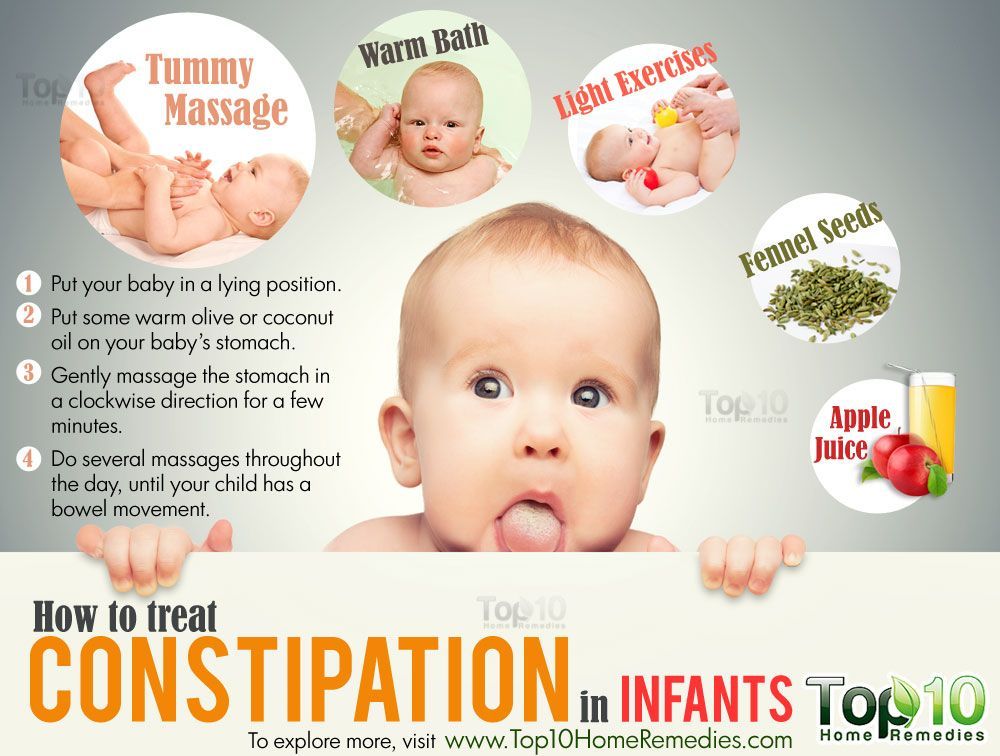 The causes of constipation have long been known.
The causes of constipation have long been known.
- Unhealthy eating Nowadays, only a few people have the habit of eating right. Cafes and pizzerias are open at every step, where you can have a quick and hearty meal. However, such a diet leads to a lack of dietary fiber, weak intestinal motility, and constipation.
- Sedentary work The habit of sitting for eight hours, driving home and taking the elevator leads to inactivity, muscle weakness, congestion in the pelvis, constipation and often hemorrhoids.
- Pregnant. Constipation is most common during pregnancy due to increased hormone production and muscle relaxation. Weak intestinal peristalsis. Restricting alcohol during pregnancy due to swelling can increase constipation and last for several days.
- diseases of the gastrointestinal tract; Some disorders, such as bile stasis, increase the likelihood of constipation. Food is poorly digested and moves through the intestines for a long time.
- Stress Stress causes both diarrhea and constipation.
 Constipation is often caused by exertion in unfamiliar surroundings. For example, in treatment camps, many children cannot go to the toilet and suffer for a long time.
Constipation is often caused by exertion in unfamiliar surroundings. For example, in treatment camps, many children cannot go to the toilet and suffer for a long time. - Intestinal function Reduced intestinal motility may cause constipation, but in this case it is possible that pain at the time of resection and fear of blood cause nervous constipation.
- Constipation is classified into spastic constipation and stress constipation according to the cause. In atonic constipation, peristalsis is very weak and the stool moves slowly.
Spasmodic constipation occurs when part of the bowel becomes constricted and stools cannot be passed as a result.
Emergency remedies for constipation
Glycerin suppositories are effective against constipation.
Constipation is desirable to treat with proper nutrition and exercise, but if constipation has been going on for about 3-4 days, it is recommended to quickly overcome constipation while minimizing the pressure on the vessels of the small pelvis. Relief funds are needed.
Relief funds are needed.
Prolonged constipation removes toxins from the body and aggravates the condition. However, laxatives are therefore called emergency laxatives and should only be used as a last resort and not all the time. emergencies
- Glycerin suppositories can be fast, effective, gentle and light. Insert a candle into the anus. Five minutes later you can go to the bathroom. Glycerin melts quickly to soften stools and also serves as a lubricating oil. Candles are suitable for anal division. This may be used during pregnancy. However, continued use of suppositories will weaken peristalsis and may be effective.
- Microkristar, which can quickly deal with microlax constipation. Recommended for pregnant women and babies. The drug contained in the microclast, unlike water, does not wash off beneficial microbes. Gently wrap the intestinal wall, soften the stool and promote progress.
- These are baked confections based on the ingredients of the Phitrux plant.
 "Pitrux" is recommended for use on the course, but contains the herb Senna, which enhances intestinal motor function. Intestinal bowel is released 8-12 hours after taking it. The herb cannot be taken by pregnant women because it can cause cramps and cause miscarriage.
"Pitrux" is recommended for use on the course, but contains the herb Senna, which enhances intestinal motor function. Intestinal bowel is released 8-12 hours after taking it. The herb cannot be taken by pregnant women because it can cause cramps and cause miscarriage. - Wash enema with water. A treatment for constipation that has been proven over time. It is recommended to use room temperature water for the enema. Intestinal cleansing is almost instantaneous and has little pain. However, frequent enemas disturb the intestinal flora. In cases of severe constipation, an enema may be only partially effective.
Constipation Eating Rules
Divided Meals Can Help You Treat Constipation.
The treatment of constipation has some strength rules. Do not forget not only the use of specific products, but also the daily lifestyle, the functions of drinking alcohol and the appropriate handling before eating. Basic Rules
- Frequent meals and divisions.
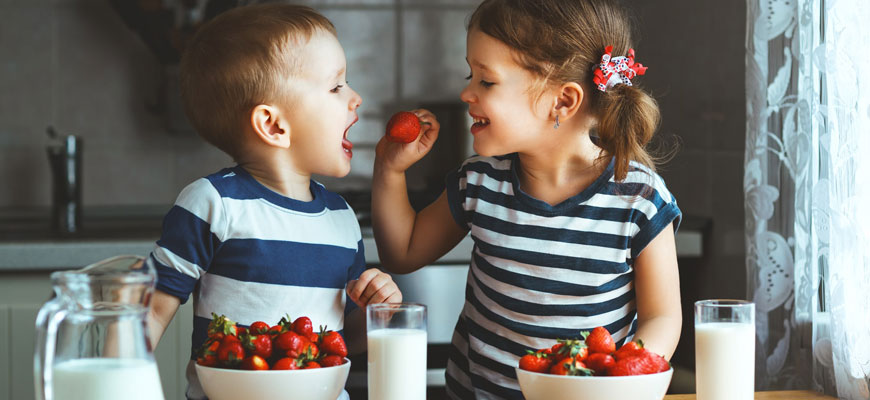 It is important to eat all meals evenly throughout the day. You cannot eat at night with hunger all day. Food is difficult to digest and cause constipation. You need to eat a little 5-6 times a day. The last meal should be 3 hours before bedtime.
It is important to eat all meals evenly throughout the day. You cannot eat at night with hunger all day. Food is difficult to digest and cause constipation. You need to eat a little 5-6 times a day. The last meal should be 3 hours before bedtime. - Drink 1.5 to 2 liters of water a day. This means pure water and not pure water, but liquids such as tea, coffee and juice. Up to 2 liters per day for pure water, limit remaining fluids and add as needed. All metabolic processes are carried out in water, as well as water, which normalizes the function of the entire gastro-intestinal organ.
- Please don't drink food. Drinking during meals is not very good, because water dilutes the gastric juices. As a result, foods are less likely to be digested in the stomach, and constipation is more likely to be constipated. A good idea is to drink 30 minutes before a meal or an hour after a meal. I can only drink very dry ones.
- Good to chew and eat. Chewing, chewing on each grain without being impatient improves absorption.
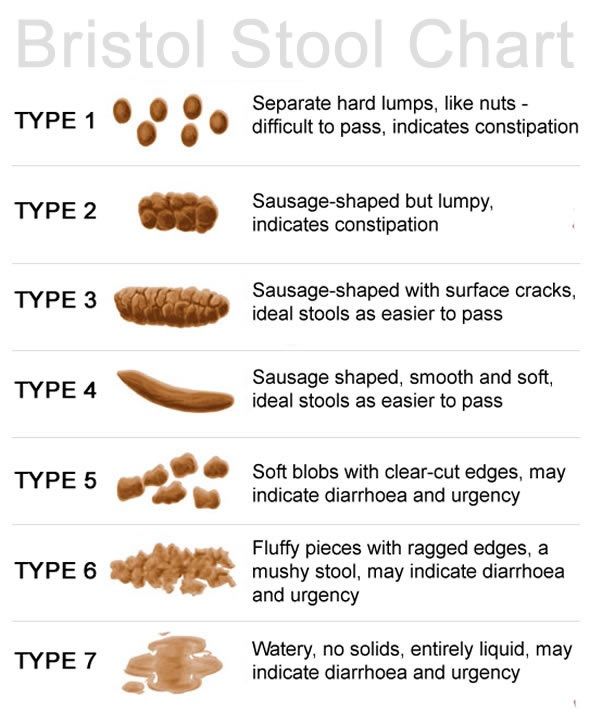 Listening to food while watching TV is not recommended because it causes the stomach to tilt and not feel full.
Listening to food while watching TV is not recommended because it causes the stomach to tilt and not feel full. - Drink a cup of water on an empty stomach. With this habit, you can resolve constipation for a long time. It's a good idea to drink a cup of small warm water 30 minutes before morning. Water activates intestinal function.
- Avoid unnatural products. For a healthy meal, it is recommended to watch what you eat. Don't go out on a tone, like ready-made tofu sweets or packaged porridge. These benefits do not always exist.
- Get ready. Minimal processing is required to obtain the expected effect of the product. To the extent possible, do not fry, simmer, boil, or use foods that may be raw.
The most effective products against constipation
Proper preparation of meat and fish can greatly improve intestinal motility.
Diet is the most effective way to treat chronic constipation. It not only normalizes bowel function, but also has an effect on reducing the load on the liver and pancreas and alleviating gastrointestinal disorders.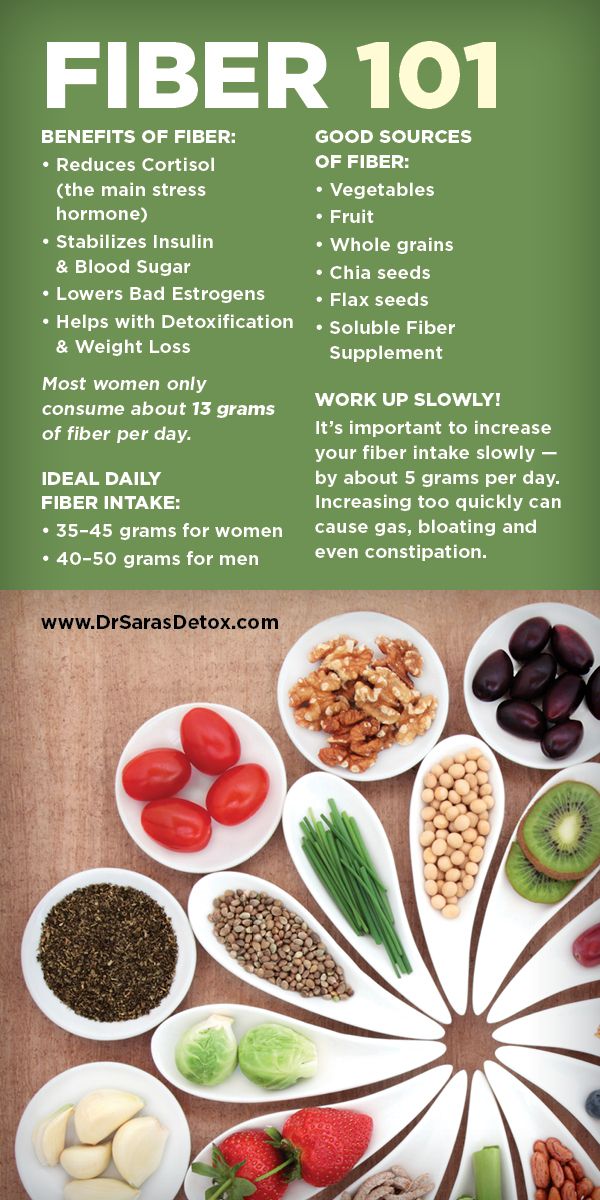
Diets for constipation are generally high in fiber and water, but foods that are poorly digested and increase gas should be limited. The list of products that significantly improve intestinal motility with regular use is listed.
- flour products. flour products. But this does not mean leaning on fresh bread, buns and pies. Not only bran bread is useful for the intestines, but also wholemeal flour, stale bread. You can buy food bran, amaranth and rye bread. Rye bread should not be eaten by those who suffer from increased gas formation. You can eat rattles, which are crackers, but in limited quantities.
- meat and fish. Properly cooked meat does not harm the intestines. Boiling or steaming beef, turkey, or chicken breast is not only bad for your digestive tract, but also good for you.
- Fruit. For constipation, it is recommended to eat plums, apples and kiwi. But avoid pears and bananas. Fruit should be eaten with fruit salad with less yogurt. Eating fruit daily may partially meet your fiber and vitamin needs.
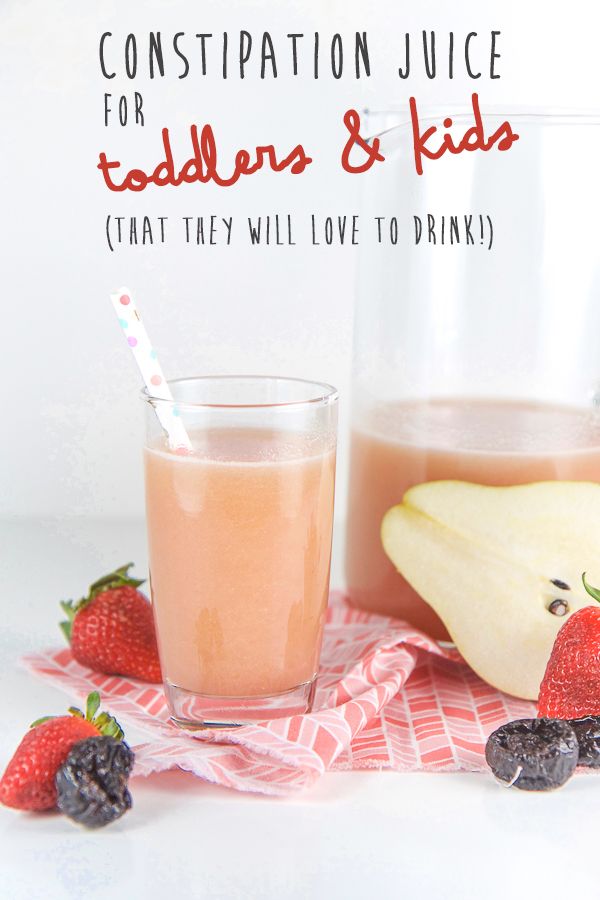
- These are dried fruits. Perhaps this is the best laxative and a source of essential vitamins. Prunes and dried apricots have long been known for their laxative properties. Make compote, eat as is or add to salads and cereals.
- Vegetables. Vegetables are high in fiber and should be eaten raw. It is better to reduce the consumption of boiled potatoes. There is a salad called Panicle, which cleanses the intestines better than any laxative. Contains raw carrots, beets, white cabbage and greens. Such salads are seasoned with oil, but without salt.
Prohibited foods for constipation
The use of purchased sausages and sausages reduces intestinal motility.
In addition to the recommended foods, there are also prohibited foods that clog the intestines, make it difficult to empty, negatively affect the functioning of the entire gastrointestinal tract and are the main cause of weight and skin problems.
- Sausages and sausages Commercially available sausages are known to contain almost no meat, but are high in food additives, umami seasonings and fat.
 The habit of eating sausages can lead to a deterioration in intestinal motility and the formation of cholesterol plaques.
The habit of eating sausages can lead to a deterioration in intestinal motility and the formation of cholesterol plaques. - chips and burgers. In the world of medicine, such products are called "junk food" because they contain a lot of harmful substances and very few useful ones. Such products only clog the body and cause severe constipation, gastritis and ulcers.
- Soda. Shipping increases gas production, slows down the digestion of food, and can cause gastritis and constipation. In addition to the gas itself, it also contains a lot of sugar and flavorings, which are also harmful to the body.
- Mayonnaise, sauce. Sources such as mayonnaise are sometimes used as an exception, but it is sure that all dishes are applied to all dishes every day. There is an end that is high in calories and has a bad effect on the gastrointestinal tract. Don't take comfort in the fact that the low calorie and light "natural" stuff found in mayonnaise isn't that bad.
- Fresh bread, white bread.
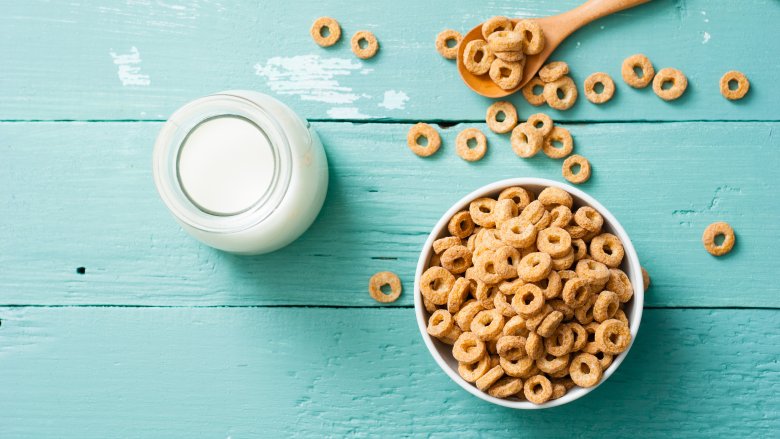 Sometimes you can eat freshly baked bread, but this is a small amount. It affects weight and intestines.
Sometimes you can eat freshly baked bread, but this is a small amount. It affects weight and intestines. - These are sweets. Sweets and chocolate can cause various problems, so we recommend that you substitute other delicious sweets such as natural cheese desserts, handmade sweets using dried fruits and nuts.
- Alcohol - Alcohol is harmful, even if it is small. It impairs intestinal function, stimulates the stomach wall, and delays metabolism.
If these products are not completely discarded, start by reducing usage. Basically, if you turn off harmful products for a few weeks, you won't need to use such products.
This article was created by Plotnikova Ekaterina Yuryuvna, expert professor and high certification committee professor specializing in "internal medicine". The treatment of the state presented in the article requires consultation with a doctor. The information in the article is not attractive.
Symptoms, causes, treatment and diagnosis of adult constipation | What are the symptoms of Fitechim Chille constipation? Incident treatment and prevention of constipation for adults, as well as the main causes and symptoms of these common and dangerous complications. Fitechim Sille Standards
Fitechim Sille Standards
Constipation is a very delicate problem. I don't often talk to friends or relatives. However, according to statistics, about 15% of the world's population suffers from chronic excretion. The condition not only causes discomfort, but also damages health.
Toxins in feces enter the bloodstream and spread throughout the body. As a result, symptoms of poisoning appear. To avoid such complications, it is necessary to treat constipation without delay.
It should be noted that chronic constipation is a functional disease. The diagnosis is to play a special role in choosing the right treatment, and it is often difficult to have a particularly severe defecation disorder without the cooperation of a doctor.
You may know the cause of constipation and it is not difficult to improve it, or you may need to treat the underlying pathology and take special measures. This time, let's look at the main causes of the conditions and how to solve them.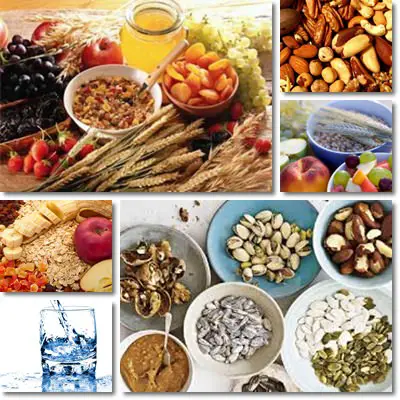
Causes
The most common causes of constipation are nutritional factors, nutritional characteristics. This problem applies to many adults in today's society. Enthusiasm for lively pace, irregular meals, sophisticated gourmet ready-made menus yu-all this leads to delays in the intestinal palate and changes in activities.
Researcher Rikova said: “Inappropriate diets increased the loss of extracorporeal fluids (polyuria), decreased food and water intake, decreased dietary fiber, and excess animal proteins. It has been found that consumption can cause sweating that develops as a result of consumption. (Rykova S., 2018, P. 28).
Other causes are as follows.
Irritable bowel syndrome (IBS).
Disorders related to the structure of the intestine, etc.: elongation or shortening, narrowing (stenosis), etc.
Anal diseases: anal fissures, hemorrhoids, etc. .
chronic poisoning, etc.
An unhealthy lifestyle is a significant risk factor for constipation. This includes consciously suppressing the need to urinate when there is no time or opportunity to safely go to the toilet.
This includes consciously suppressing the need to urinate when there is no time or opportunity to safely go to the toilet.
Lack of exercise can also lead to delayed defecation. Sedentary work or prolonged sitting in bed due to illness or injury can lead to delayed bowel movements.
Doctors say constipation is a side effect of certain medications.
Constipation can also occur due to insufficient water intake every day.
For example, researchers Ism and Star in their work derive the following data. “Most common in atropine, narcotic drugs, some antispasmodics (difenin), calcium bicarbonate (baking soda). Psychoactive drugs (tranquilizers, antidepressants), some diuretics, iron preparations, aluminum hydroxide (armagele) ”(Ismailov I. Ya., Skvortsov V.V., Fedotova E.E., 2016, can cause constipation, p. 16).
Types of constipation
Constipation is classified by development into the following types.
Primary functional constipation includes such organic factors as occurrence against the background of IBS, weakening of the elimination reflex, structural and inflammatory changes in the intestine.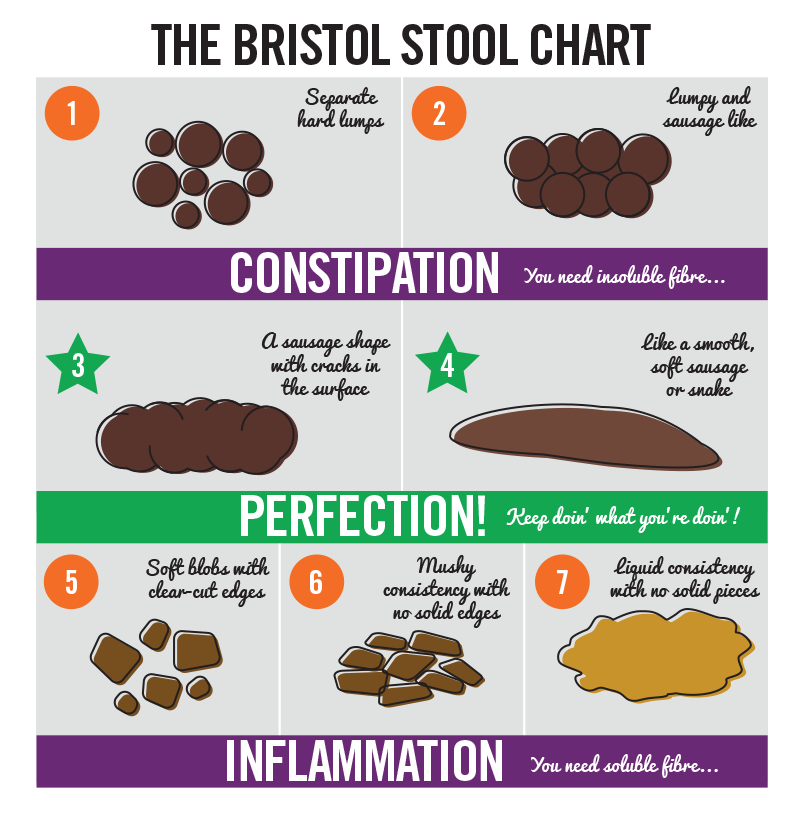
Secondary: peptic ulcer, diseases of the endocrine / nervous system, poisoning, general muscle injuries, etc.
Such constipation is classified according to the mechanism of occurrence and etiological characteristics as follows.
- NUTRITIONAL INFORMATION - Explained in Nutrition Details.
- Neurogenic - associated with a decrease in the functioning of the nervous system.
- Psychogenic - develops under the influence of psychological and emotional factors, including the so-called false drama and lack of access to public toilets.
- Prophetic condemnation due to diseases, fissures, strictures, inflammatory changes, soreness in the anal region.
- Pool - Associated with drug use.
- Toxicity - is formed against the background of poisoning of the human body with lead, mercury, etc., used in pairs.
- Constipation in the presence of mechanical obstructions such as tumors, strictures, changes in the tonsils, benign growths such as polyps.
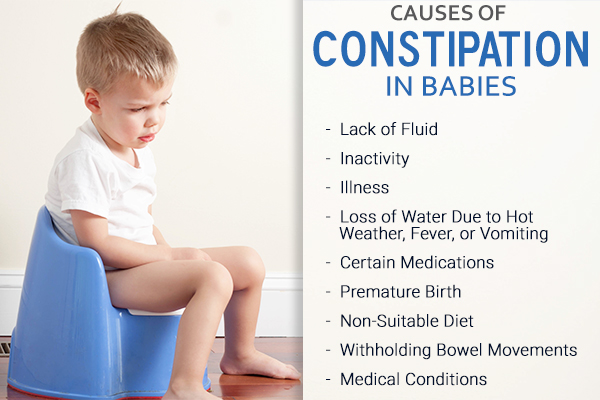
Features of adults distinguish between acute and chronic constipation. Acute symptoms at the beginning (up to 3 months) may be associated with stool retention. No stool for several days.
Chronic constipation has clear criteria. Doctors make such a diagnosis if two or more symptoms have been observed simultaneously during the last three months.
Defecation less than 3 times a week.
Solid, dry, loose debris.
In 25% of cases, you need to accelerate.
Cutoff time requires at least 1/4 ablation.
You must manually draw attention to delete.
Sensation of incomplete emptying of the bowels, sensation of a foreign body in the rectum, a feeling of pressure.
Chronic constipation may also be accompanied by other symptoms.
Symptoms and manifestations
Constipation presents with different symptoms depending on the cause. In rare cases, a flight delay may be the only warning sign.
There are individual differences in the rate of bowel discharge. Therefore, if such a rhythm is natural and maintained until an adult who has no problems is maintained, it is difficult to say that this happens once every two days.
Therefore, if such a rhythm is natural and maintained until an adult who has no problems is maintained, it is difficult to say that this happens once every two days.
It is said that constipation in the intestines is less than once in the intestines. Other symptoms include discomfort and strength in the abdomen.
It should be noted that constipation can be removed every day, but a very small amount of feces (less than 100 grams) is divided, and the stool itself is hard, fragmented (sheep, beans and keys). The content can be tape and due to the narrowness of the intestinal trance.
In some cases, stools containing mucus are symptoms of constipation. If the excretion continues for a long time, the diarrhea will lead to various types: the first part is tightly compressed, and the second is a liquid containing mucus.
As symptoms progress, various localized abdominal pain, discomfort, pressure, irritation and heaviness occur more frequently.
In irritable bowel syndrome, constipation is especially painful before a bowel movement. The pain is relieved after physical removal and excretion by taking laxatives. Stool retention is often accompanied by intestinal bowel formation, stomach palpitations, frequent gas and bloating.
The pain is relieved after physical removal and excretion by taking laxatives. Stool retention is often accompanied by intestinal bowel formation, stomach palpitations, frequent gas and bloating.
It must be understood that if there is a lot of gas, bowel stool will be worse.
In case of chronic constipation, sometimes symptoms such as general poisoning, this is due to constant poisoning in the body and due to excrement. Many patients report decreased appetite, fatigue, headache, dizziness, unhealthy complexion, dry skin, lower mood, nausea, loss of appetite, and decreased alertness.
He often develops sleep disturbances, neurosynthetic disorders and suspicions of a specific personality.
Complications
The causes and effects of constipation can be related to each other. For example, constipation constipation progresses complications in the anus faster. If hemorrhoids appear due to delayed bowel movements, this condition quickly causes complications such as inflammation and thrombosis.
Retention in stool will quickly lead to an anus disease if it does not lead to an anus disease. This is one of the main causes of complications related to bleeding and mucous membranes. It contains those requiring emergency surgery such as cryptocytic flame, lateral e-zotitis, and posterior posterior abscess.
In addition, complications of the digestive system cannot be eliminated.
Inflammatory diseases
Stool use may worsen the occurrence of inflammatory diseases and the progress of existing diseases. Such diseases include colitis, lectureritis and lateral lipitis. Coloration is an inflammation caused by the lining of the intestines.
Part of the lower intestine can also cause inflammation. For example, the intestinal mucosa is S-shaped or the rectum (professional godoz). There is also a disease called "intestinal fire" which causes inflammation near tissue as a complication of constipation. This condition requires emergency surgery.
Intestinal surgery
If a piece of stool continues to accumulate in the intestinal wall, the intestinal wall fascia may be torn and the mucosa may protrude.
Dermatosis may be asymptomatic, but if prolonged constipation accumulates in the protruding part, it becomes divergent. When the protruding part is obstructed, the blood supply becomes difficult and the inflammation progresses.
Megacoron
When the walls of each part of the large intestine or giant colon can develop, symptoms such as abdominal pain, hematuria from the anus and weakness may occur. Rarely, the most dangerous complication of giant red kidneys is that the intestinal wall has a gap.
This can occur in a gap between stools. Usually perforation occurs in the caecum and occurs in the S-shaped area of the intestine and rectum with ruptures in the gap with the stool.
Acute intestinal obstruction
This is one of the most serious complications of constipation. This is a disease in which the release of contents from the intestine stops. Intestinal obstruction requires emergency surgery. Otherwise, it can cause more serious health problems and die from tissue necrosis.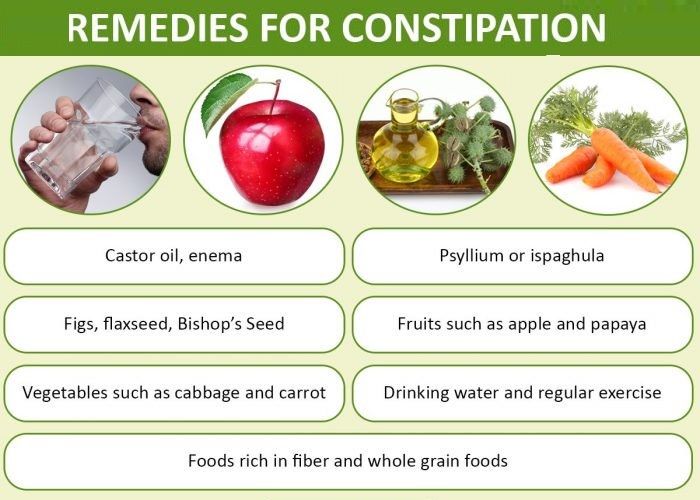
Cyprus Astaz
As a complication, stool can remain in the rectum due to stool condensation. Steel and plugs form and can damage the mucous membrane of the anal tube. As a result, there are many cases that lead to intestinal obstruction.
Such effects of constipation may worsen in chronic diseases. The chronic poison of living foods that cannot be excreted outside the body may be one of the reasons why allergic diseases worsen, resistance to infectious diseases decreases, and skin diseases worsen.
Danger of constipation
When feces accumulate, the surrounding organs are compressed, which increases the risk of developing genital diseases. Therefore, stool retention may worsen bladder disease or the female reproductive situation.
Chronic constipation increases the risk of arteriosclerosis and due to an increase in cholesterol. In addition, delayed bowel movements are considered a risk factor for colorectal cancer.
Is constipation dangerous? Yes, it can cause tumor disease.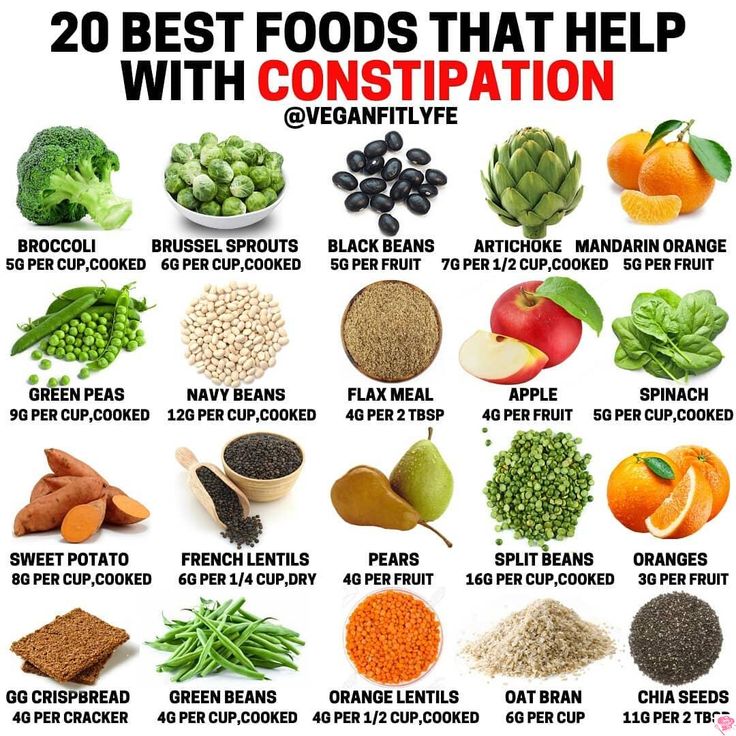 There are several mechanisms in the emergence of malignant new creatures. One of them is that the stool accumulates and stagnates in the intestine, and carcinogens are released. If the impact on the intestinal walls is prolonged, the organization will change.
There are several mechanisms in the emergence of malignant new creatures. One of them is that the stool accumulates and stagnates in the intestine, and carcinogens are released. If the impact on the intestinal walls is prolonged, the organization will change.
Normal bowel movements are one of the mechanisms for dumping "bad" cholesterol. If it is not released from the digestive tract in a timely manner, lipid metabolism will change and it is more likely that arteriosclerosis plaque will form in the gaps in the blood vessels. This leads to a significant increase in the risk of cardiovascular disease, heart attacks and stroke.
Treatment of constipation
The answer to the question of how to cure adult constipation is simple if the internal organs do not get sick. The main way to restore gastro-intestinal function is to use active foods and attenuate foods.
- Imported vegetables, rye bran bread, fermented dairy products, dried fruits, nuts, beans.
- There are many boiled beets seasoned with lean oil.
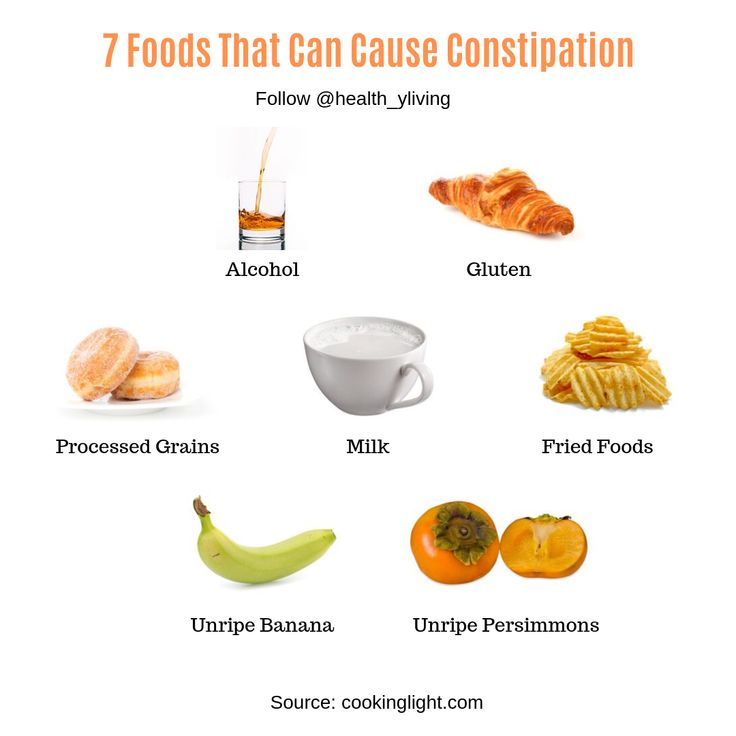
- Replace butter and sour cream with vegetable oil.
- Move more and walk in fresh air.
- Do special exercises to strengthen your abs.
- Drink more pure and irreversible water - at least 8-10 glasses a day.
- Smoking and alcohol restrictions
- Do not abuse the enema. Enemas should only be used in extreme cases.
With these simple rules, you can cure adult constipation. However, in some cases, changing food and exercise is not effective. I have to rely on laxatives.
The inclusion of dietary fiber in the diet is known to be effective in the treatment of constipation, especially in functional constipation. Include fresh vegetables, fruits, dried fruits, grains, etc. in your daily diet. In particular, if you need to resolve a problem within a short period of time, laxative intake is an important factor in treatment. At the same time, there are constipation drugs (vaki) that work on the same principle as vegetable and food products.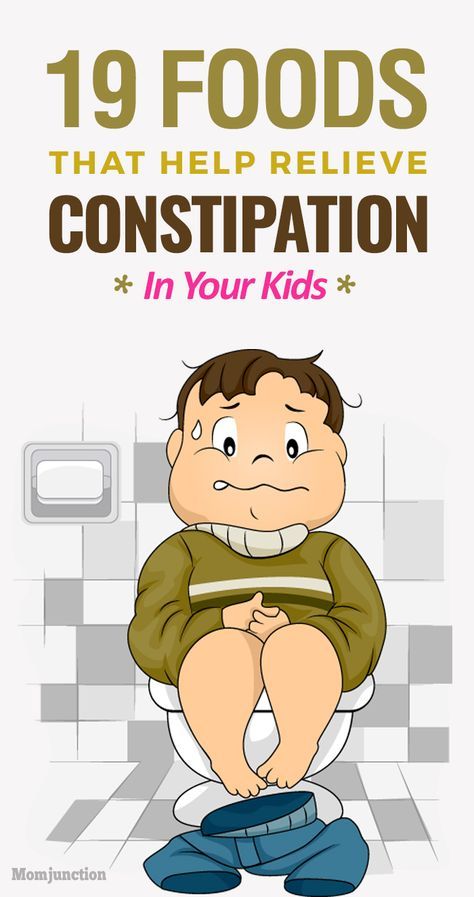
The laxative effect of the volume is to absorb moisture, increase the volume of the stool, change the viscosity, soften and stimulate the intestinal wall to reduce. There are faster, more comfortable, predictable bowel movements. The fiber uses synthetic fibers and natural plant systems.
Fit i-Mushcyl Norm, a natural vegetable fiber based therapy, treats constipation quickly and gently from children to adults. However, it is often recommended by doctors. The modern English biographical complex does not contain any additives or flavors.
I use only natural flea and nut washing machine ingredients at home. And because of the high safety of natural ingredients, children from 3 to 14 years old can also drink according to a doctor's prescription.
There are several contraindications such as personal intolerance to the ingredients, acute inflammatory conditions and gastrointestinal obstruction.
"Fitam Sil Standard" is non-addictive for long-term use.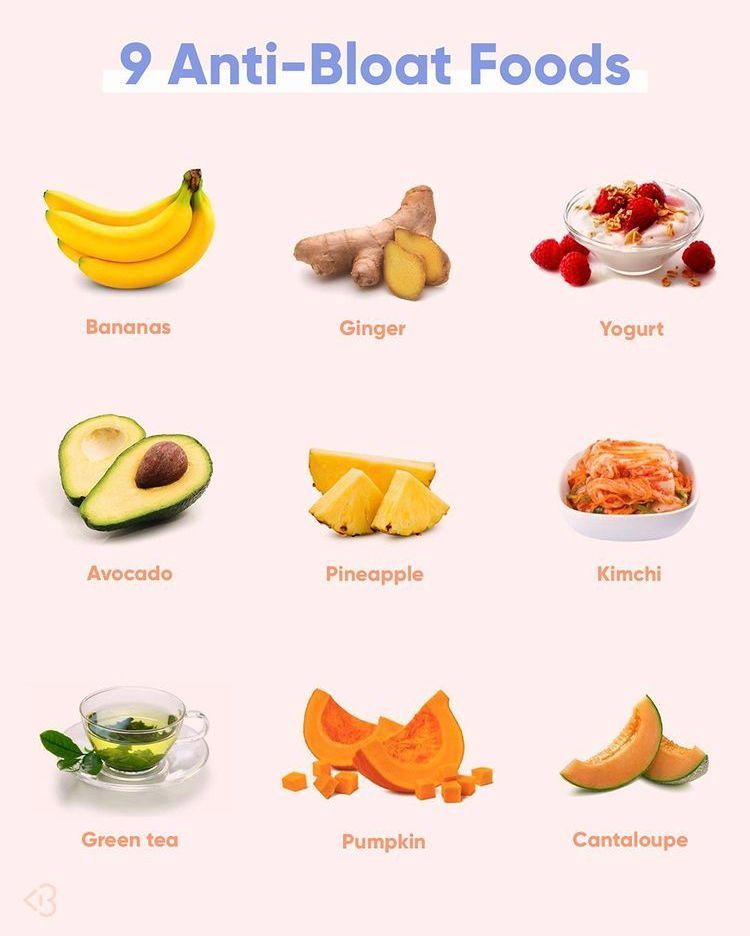 This tool is recommended for obstetrics and gynecologists and the Russian gastro-intestinal society. It can also respond to constipation in women during pregnancy and lactation.
This tool is recommended for obstetrics and gynecologists and the Russian gastro-intestinal society. It can also respond to constipation in women during pregnancy and lactation.
Fiti Mushyl Norm has a sufficient effect on the body.
Small action on the gastrointestinal tract and performs a gentle cleansing.
You can normalize your own microorganisms.
It removes toxins and lowers blood sugar levels in the blood.
This is the fight against hunger.
Fiti Mushyl Standard is a gentle and effective solution to subtle problems. Be sure to consult your digestive physician before treating constipation. Doctors prescribe the necessary tests and determine the cause of the pathology.
There are other general guidelines for treating constipation in adults. It is important to eat a little bit, avoiding overeating and prolonged hunger. It is best to eat more than 5 times a day.
Get in the habit of getting out of bed as soon as you get up. Wake up to allow enough time to go to the bathroom (at least 30 minutes of gastrothing time extension splitting), protect bowel regularity, and establish a natural bowel rhythm.
Wake up to allow enough time to go to the bathroom (at least 30 minutes of gastrothing time extension splitting), protect bowel regularity, and establish a natural bowel rhythm.
It must be difficult for people who work irregular hours. If you have the opportunity, choose an activity that adheres to a strict routine.
If drug use is the cause, it is strongly recommended not to stop taking the drug or reduce the dose without consulting your doctor. Please contact your specialist and let us know if you are concerned about the side effects of the medicine. Doctors can choose alternative drugs or talk about ways to overcome problems without changing drugs.
If constipation is caused by an organic disease or another disease, treatment should be directed at eliminating the underlying disease. Diabetes is treated by an endocrinologist, liver diseases by a gastroenterologist or hepatologist, neurotransmissive and neurological disorders by a neurologist, and so on.
Prevention
Prevention of constipation in adults first of all begins with the normalization of lifestyle.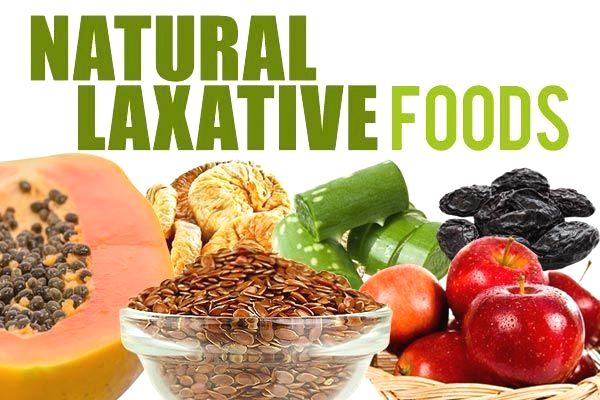 If you have enough fiber in your daily diet and drink at least 1.5-2 liters of fluid, you most likely have normal bowel function.
If you have enough fiber in your daily diet and drink at least 1.5-2 liters of fluid, you most likely have normal bowel function.
It is also important to warm up and recharge the body during work. Walking, swimming and light exercises for the abdominal muscles are helpful.
The development of morning reflexes is of particular importance. After waking up, you need to get out of bed as soon as possible. It is important not to skip breakfast, as light meals help the digestive system to start the necessary processes. Make sure you have enough time to go to the bathroom before leaving the house.
Taking care of your general health plays a big role in preventing constipation. Regular examinations, visits to medical practitioners and unscheduled consultations with doctors when symptoms are present.
It is important to talk to your doctor about treating adult constipation. In some cases, there are certain limitations, and only a specialist knows how to treat them.
This article is an introduction. The author is not responsible for the quality or possible difficulties of third-party services.
Ismailov I. Ya., Skvortsov V. V., Fedotova I. V., Kalinchenko E. E. Chronic constipation // Nurse.- 2016.- No. 6.- P. 16-19.
Rykova SM The use of herbal preparations in the treatment of constipation // Difficult patients. - 2018. - 6, T. 16. - S. 26-33.
Ismailov I. Ya., Skvortsov V. V., Fedotova I. V., Kalinchenko E. E. Chronic constipation // Nurse. - 2016. - No. 6. - P. 16-19. Rykova S. M. The use of herbal preparations in the treatment of constipation // Difficult patient. - 2018. - No. 6, V. 16. - S. 26-33.
318613
This article was created by Plotnikova Ekaterina Yuryuvna, expert professor and high certification committee professor specializing in "internal medicine". The treatment of the state presented in the article requires consultation with a doctor. The information in the article is not attractive.
Ask the singer Diet №3 Constipation ~ Constipation Medical table Fitumcil Norms Diet 3 Constipation. The therapeutic diet menu for one week (table No. 3) - Diets and diets for constipation are presented in the article "Medical indications and a list of foods that you can and cannot eat." Phythymcil Standards Phythymcil Rules
Gastrointestinal upset has a variety of causes. Polstoxy Stagnation causes inappropriate diet, inappropriate life, drug therapy and gastrointestinal pathology. Constipation is common during pregnancy, postpartum, surgery, etc.
Accurate tests are required for chronic defecation disorders. Prescribe the drug after explaining the cause of constipation. Treatment may include drug therapy and special dietary therapy.
In case of constipation, doctors often recommend a third nutritional table. The 3rd meal is reserved for patients who do not have gastrointestinal disease or are in remission. The medical diet was developed by gastroenterologist Manuel Pebsner.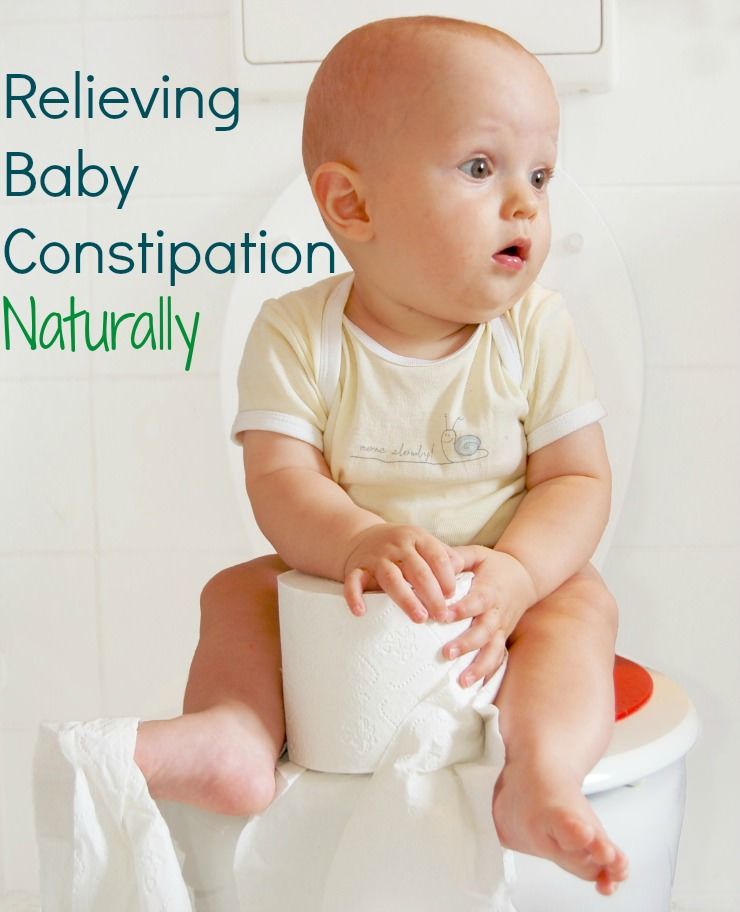 This diet prevents colon, rectal diseases and other complications caused by chronic constipation and improves the quality of life (quality of life).
This diet prevents colon, rectal diseases and other complications caused by chronic constipation and improves the quality of life (quality of life).
Effects of diet on the intestines
Appropriate meals can help maintain the internal balance of the intestines. Constipation Meal 3 aims to improve and revitalize the essential functions of the following intestinal flora.
- Amino acid synthesis, vitamin K, vitamin C, vitamin B group.
- Local body immunity protection
- Dietary fiber enzymatic treatment.
- NEKINATS The effect of toxins.
- Maintenance of gastrointestinal secretions.
Diet number Liga restores the functional activity of the intestine, normalizes metabolic processes, improves motor skills and improves intestinal secretion. Dietary supplement prevents fermentation and gas flash, helps remove toxic compounds and normalize body fluid replacement. The processing table suggests normal digestion and timely defecation.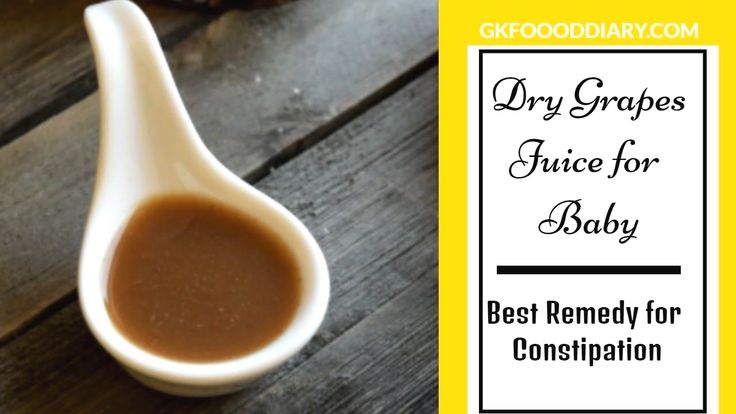
Elimination of intestinal ups and downs
British natural medicine works without immediate addiction
Principles of dietary nutrition
In order to normalize intestinal function and prevent constipation, it is necessary to follow the rules of common sense nutrition.
- Follow the consumption regimen. Drink at least 2 liters of pure water a day. Eat water not only before every meal, but also on an empty stomach. The liquid has the function of softening the stool and improving the passage of food through the intestines.
- Eat in minutes. Eat food four to six times a day, small amounts. Divided meals are easier to digest and do not burden the digestive tract.
- Use plenty of fibers. Dietary fiber acts on intestinal receptors and promotes peristalsis. This makes it easier for the stool to pass out of the intestine, which makes it easier to radiate.
- Update of harmful products. Eliminating fast food and preservatives from meals has been shown to improve intestinal health, which is usually constipation.
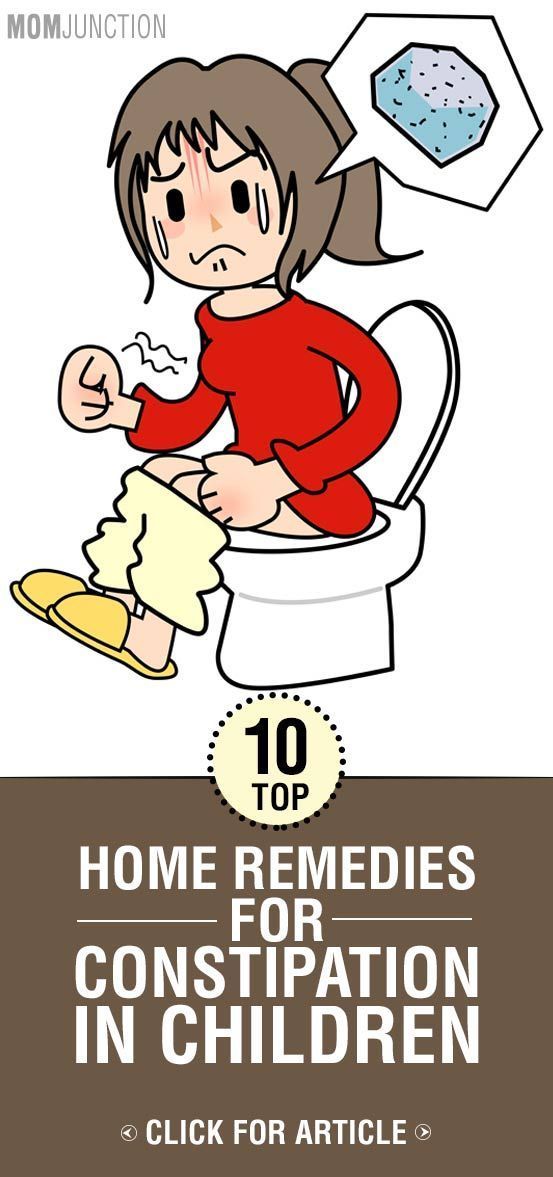
Table 3 is for products with a weakening effect. Promote peristalsis and promote stool secretion. The dining table eliminates the use of products that contribute to the activation of the decomposition process. For example, foods rich in fried foods and essential oils.
Features of diet #3 for constipation
Establish a meal menu for the week, taking into account the balance between protein and carbohydrates. In this case, the rate of fat increases because it contains vegetable oil. A meal uses 100 to 120 grams of fat, 85 to 100 grams of protein, and 450 to 500 grams of carbohydrates.
Table 3 does not include forced grinding or grinding of food. In moderation, you can consume not only stewed and grilled foods, but also carbonated mineral water. Millet can be cooked with a 1:1 ratio of milk and water.
Drinks and foods at temperatures below 15°C increase peristalsis and reduce gastric acid production. Therefore, when constipation is recommended to drink cold drinks. Before breakfast, drink a glass of cold water, and in the evening compote or kefir. It is also helpful to take 1-2 tablespoons of unprocessed vegetable oil on an empty stomach to soften the stool. The oil coats the intestines and improves stool movement.
Before breakfast, drink a glass of cold water, and in the evening compote or kefir. It is also helpful to take 1-2 tablespoons of unprocessed vegetable oil on an empty stomach to soften the stool. The oil coats the intestines and improves stool movement.
This is a long-term diet. This diet normalizes the frequency and consistency of the stool. This is a diet that adapts to constipation that occurs due to an unbalanced diet and a sedentary lifestyle.
Prohibited Foods
As with other diets, Table #3 excludes certain foods from the diet. These are:
- Products made from puff pastry.
- Fatty fish or meat, strong meat broth.
- Flavored vegetables such as radishes, wasabi and garlic.
- Hot sauce, mustard, chili.
- Caffeinated drinks such as strong tea and coffee.
- canned food, scrambled eggs
- Beans, mushrooms (mushroom soup is allowed).
- Bananas, dogwood, blueberries, nuts
- Tanninated drinks: drinks such as kisses, cocoa, quince, cherries and blackberries.

Whole milk, smoked meats, fried and pickled foods are not recommended. Also avoid alcoholic beverages, chocolate, pasta, and legumes. Prohibited foods include rice, semolina, creamy sweets and margarine. You don't have to eat mashed potatoes, canned food, hard-boiled eggs, slimy soups, or anything else that's hard to digest.
Allowed Foods
Constipation Diet #3 aims to increase the ratio of colonic motility foods, i.e. colonic motility foods.
- Products with a high content of organic acids: sauerkraut, citrus fruits, berries and fruit drinks, fermented milk drinks, etc.
- High-fiber foods: dried fruits, bran, cereals, whole grain bread, raw vegetables (spinach, kale, radishes, carrots, etc.).
- Cold first course and dessert: okroshka, beets, ice cream.
- Spicy lean meats: beef, rabbit, turkey, beef.
- Red fish: hake, cod and any seafood.
- Compotes, weak black tea, chicory, rosehip decoction, natural juices.

The diet prescribes the introduction into the diet of products that not only stimulate intestinal motility, but also have a laxative effect: honey, grapes, sweet apples, peaches, pumpkin, dates. Stool softening is facilitated by eating foods that expand in the digestive tract and facilitate the process of defecation.
Dietary fiber found in cereals, vegetables and fruits is not absorbed. It absorbs toxins and harmful substances and activates peristalsis. Organic acids inhibit the growth of pathogenic microflora and increase the contractility of the intestinal muscles, normalizing the stool.
Diet 3 includes beets, cucumbers, tomatoes, zucchini, cauliflower and broccoli. With constipation, green peas and white cabbage can be included in the diet. In the menu for 5 or 7 days, it is desirable to include fresh cottage cheese, cream, sour-milk drinks, yogurt, kimmie, fermented baked milk, drinking yoghurts.
If you have problems with bowel movements, you should eat more berries and fruits that contain fiber and sugar. For example, nectarines, apricots, plums, melons, watermelons and watermelons. Soft cheese, scrambled eggs and cream are fine. Among sweets, it is good to choose marshmallows, jams, jellies, marshmallows.
For example, nectarines, apricots, plums, melons, watermelons and watermelons. Soft cheese, scrambled eggs and cream are fine. Among sweets, it is good to choose marshmallows, jams, jellies, marshmallows.
Green vegetables such as parsley, dill, coriander can and should be added to food. Cook food with vegetables and butter. Table 3 is completely different.
Diet #3: sample menu for week
Monday
Breakfast: steam omelette, fruit salad, rose soup.
Lunch: Lenten borscht with rye breadcrumbs.
Snack: apple juice, biscuits.
Dinner: Boiled buckwheat with chicken breast, tomatoes and green salad.
Snacks: prunes, natural yoghurt.
Tuesday
Breakfast: cottage cheese casserole, chicory with cream.
Lunch: beetroot, stewed fish, boiled vegetables, tea.
Snack: marshmallow tea, 1 apple.
Dinner: meat and cauliflower casserole.
Snack: a glass of cardamom.
Wednesday
Breakfast: 2 boiled eggs.
Lunch: Vegetarian vegetable soup (with cream), boiled beef, beetroot salad.
Snack: seaweed salad, weak tea.
Dinner: vinaigrette, grilled cod with vegetables.
Snacks: grapes, marshmallows
Thursday
Breakfast: pumpkin pot, biscuits and tea.
Lunch: cauliflower soup, dried fruit compote.
Snack: cottage cheese pudding with raisins
Dinner: minced beef Cote Jette, carrot salad.
Snack: carrot drink (with honey), prunes.
Friday
Breakfast: Boiled oatmeal, lean cookies and chicory cream.
Lunch: botsubina, boiled chicken and buckwheat, tomato juice.
Snack: juice, rye crackers.
Dinner: rabbit cutlets, tomatoes and green salad.
Snacks: oatmeal cookies, cherries
Saturday
Breakfast: squash fritters, green tea.
Lunch: Mushroom soup, croutons.
Snack: fresh fruit
Dinner: vegetable casserole, boiled beef, coleslaw.
Snack: dried apricots, jam, fermented baked milk.
Sunday
Breakfast: wheat porridge, compote.
Lunch: okra salad, beets and carrots, juice.
Snack: cabbage and carrot salad.
Dinner: buckwheat and meat goulash, beetroot pate with butter.
Snacks: dried apricots, apple juice, low-fat yogurt.
General recommendations
Dietary nutrition is one of the important factors in the treatment of constipation, but not the only one. Diet enhances the effects of non-drug therapies and nutritional supplements, as well as pharmacotherapy. In addition to the food table, some remedies can help solve problems with constipation. For example, there is a product "Fitomusil Nom" containing natural ingredients. The active ingredients, psyllium husk and homemade plum pulp, gently and comfortably stimulate the bowels. This drug does not cause bloating, cramping, or pain.
If you experience any discomfort such as indigestion, constipation or flatulence, be sure to see a doctor.
It is important to eat well in small portions and drink plenty of water to normalize digestion and stool.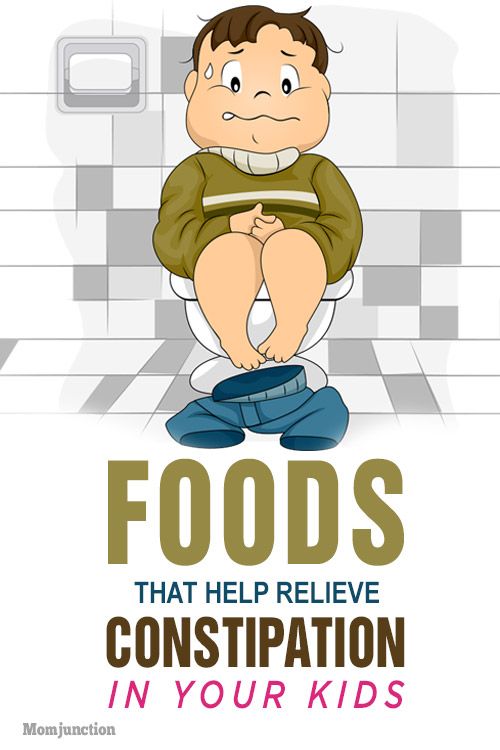 It has a positive effect on peristalsis and intestinal motility. To maintain normal well-being, you need to walk more and do simple physical exercises. If you spend a lot of time sitting, we recommend stretching every hour. Walking outdoors, climbing stairs and swimming are also effective.
It has a positive effect on peristalsis and intestinal motility. To maintain normal well-being, you need to walk more and do simple physical exercises. If you spend a lot of time sitting, we recommend stretching every hour. Walking outdoors, climbing stairs and swimming are also effective.
- Nutritionist.
- Baranovsky A. Yu., Nazarenko L.I. Dietology at the current stage of development of medicine.
- Samsnov M. A. Systematic approach and analysis of the system // Problems a-Raizivani e-2012-Vol.73 No. 1.
- Ugolev AM Appropriate theory of nutrition and trophology. Spb., 2016.
- Martinchik A.N., Maev I.V., Yanushevich O. O. General Nutrition: A Guide. M., 2005.
Nutritionist. Guide / A. Yu. Baranovsk y-2dd ed. -T. Petersburg, 2006. Baranovsky A. Yu. Samsonov MA Systematic approach and analysis of the system / / / problem. Ugolev A. M. Corresponding theory of nutrition and trophology. Spb., 2016. Martinchik A.N., Maev I. V., Yanushevich O. O. General nutrition: a guide. M., 2005.
V., Yanushevich O. O. General nutrition: a guide. M., 2005.
Constipation in children. Diet and gymnastics of a child with constipation.
Constipation is a very common problem in children. Why?
With the start of complementary foods, stools in infants most often improve. This is due to the introduction of fiber into the child's diet, as well as an increase in the child's motor activity.
But after 1 year the number of children suffering from constipation starts to rise again. This is due to the refusal of breastfeeding, the transition to solid food, a decrease in the amount of water in the diet. Approximately every fifth child after a year suffers from constipation. How to deal with this problem?
For your health - the recommendations of the pediatrician of the clinic "Lor Plus", a doctor of the highest category Anna Gennadievna Marakulina .
What are the most common causes of constipation in children?
- Insufficient fluid volume.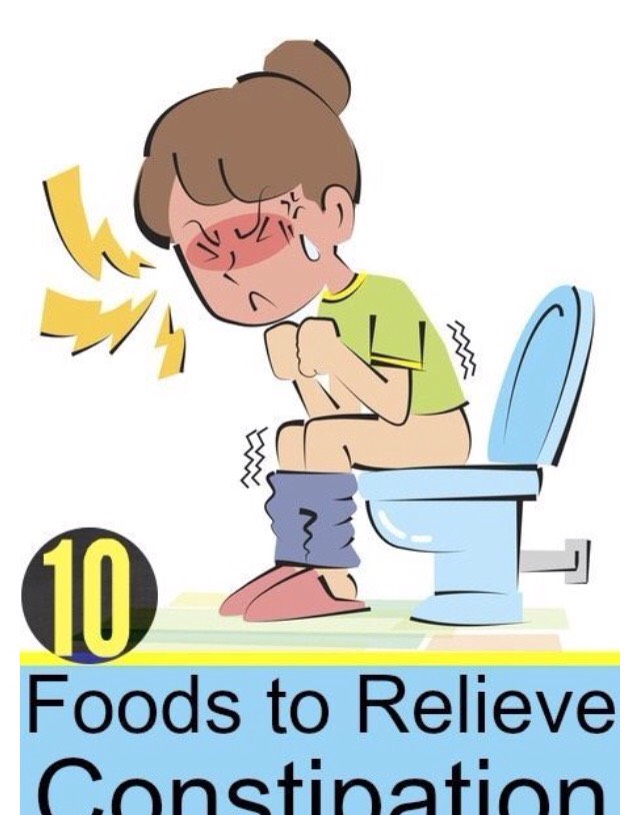
- Diet poor in fiber.
- Insufficient exercise.
How to avoid constipation in a child?
To prevent constipation, the child must drink enough fluids. Be sure to teach your child to drink ordinary water. A child over 3 years of age is required to drink at least 2 glasses of water a day.
— It is not recommended to give your child sweet and carbonated drinks, strong tea and coffee. They have a diuretic effect, contribute to the development of dehydration and constipation.
- Cold water stimulates peristalsis. And warm water has a relaxing effect on the muscles of the gastrointestinal tract and is quickly absorbed. Therefore, in case of constipation, it is recommended to give a child up to 3 years old 1/2 cup, and over 3 years old - 1 glass of cool water in the morning on an empty stomach. Start with water at room temperature. If the effect is not achieved and the state of health permits, the water temperature is gradually lowered. It should be pleasantly cool.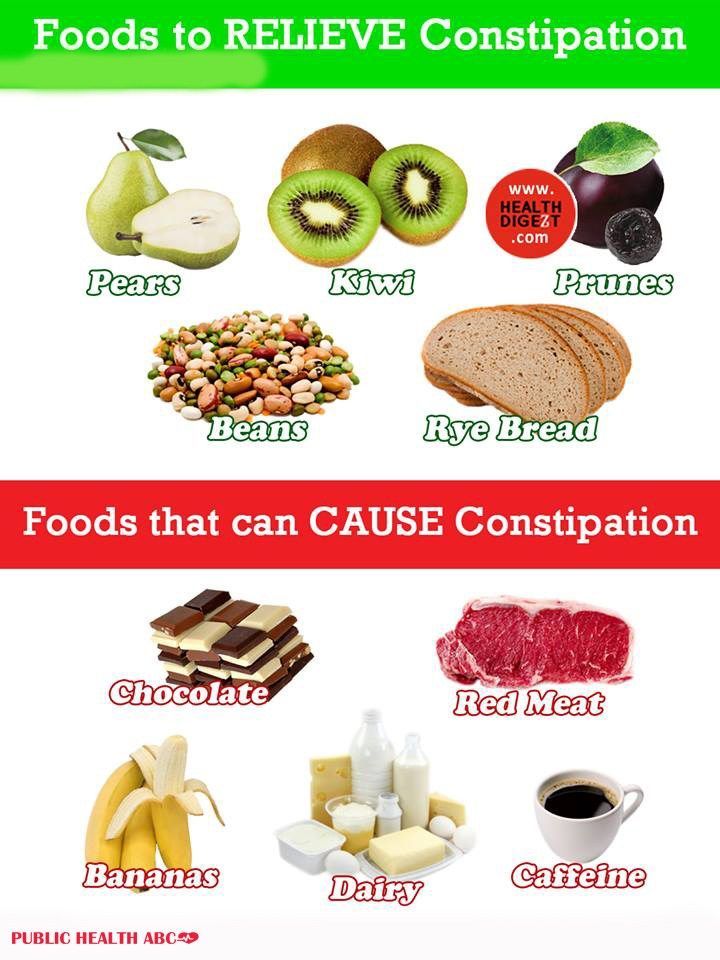 In this case, peristalsis is stimulated by rapid filling and irritation of the stomach, and then the intestines.
In this case, peristalsis is stimulated by rapid filling and irritation of the stomach, and then the intestines.
- There are drinks that have a laxative effect. Dairy products, plum and beet juice, dried fruit compote (prunes, dried apricots, raisins), chamomile decoction, children's teas with fennel and dill. By including these drinks in your baby's diet, regular stools can be achieved. But this should be done gradually, starting with small amounts, so as not to cause a digestive breakdown in the child.
Does diet help with constipation?
Everyone knows that a diet for constipation should include a lot of fiber-rich foods, and these are vegetables and fruits. But not everyone knows how much and what kind of fruits and vegetables a child needs.
Yes, most children to normalize the chair and regularly be a drink of the drinking mode and gum according to age.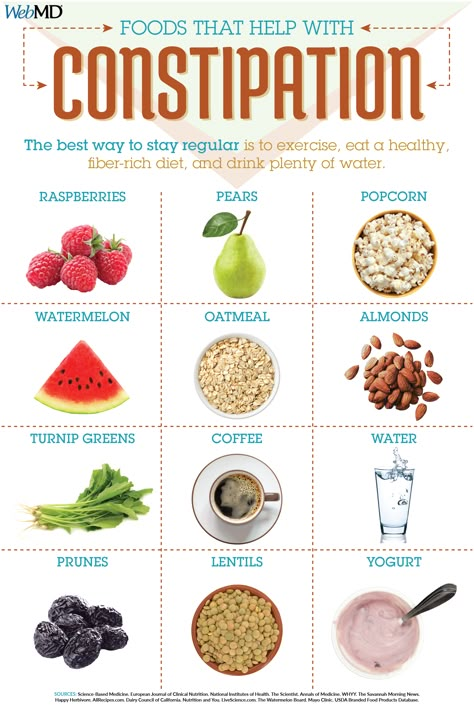 But not for everyone.
But not for everyone.
Some people need to supplement their diet with laxative foods. These include: plums, beets, prunes, raisins, figs, dates, dried apricots, legumes, nuts. They should be present in the diet of a child prone to constipation. Include them in the diet should be gradually. For some, it will be enough to consume one of the listed products daily, while others will need to include several in the diet.
Cereal porridges with shells (buckwheat, oatmeal, pearl barley, wheat) and wholemeal bread are also useful.
Fermented milk products (kefir, curdled milk, fermented baked milk, biolact) are best consumed before going to bed. 1 glass a day is enough. You can increase the daily intake of kefir to 2 glasses per day.
Refined rice, blueberries, pears, sweets and buns, flour products from premium flour, strong tea, animal fats have a fixing effect. It is better for children prone to constipation to abstain or significantly limit their use.
I recommend trying several recipes for constipation tested by me and my patients:
— Take equal amounts of dried fruits: figs, dates, dried apricots, prunes, wash well, pour over with boiling water, destone, turn through a meat grinder or chop in a blender .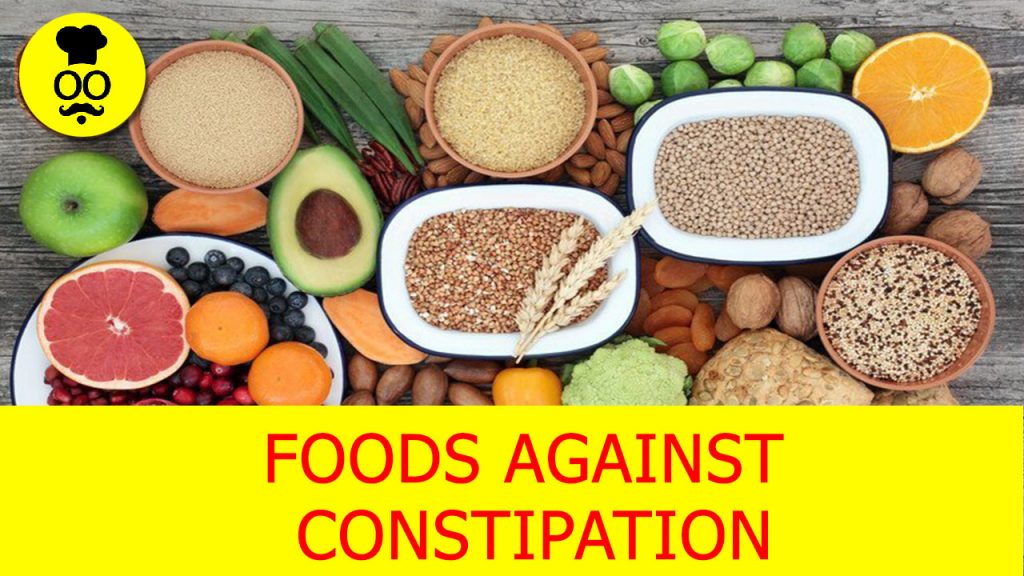 Take daily in the morning on an empty stomach (30 minutes before meals) 1-2 teaspoons with 1 glass of water with lemon. Children under 3 years old - 1/2 cup of water.
Take daily in the morning on an empty stomach (30 minutes before meals) 1-2 teaspoons with 1 glass of water with lemon. Children under 3 years old - 1/2 cup of water.
This recipe can be used by children from 1 year old, but be sure to first test how the child tolerates each dried fruit separately, and then prepare the mixture.
— Sour milk + prunes for the night: 10-20 pieces of prunes are well washed, brewed with boiling water for 5-10 minutes, a small child can be mashed. Eat before going to bed with 1 glass of kefir, biolact, fermented baked milk, curdled milk.
Wheat bran is a very useful product, because contain approximately 50% fiber, as well as many vitamins and minerals. You can buy them at a pharmacy.
Wheat bran can be included in the diet of children after 1 year as a remedy for constipation. Start with a daily amount of 1 teaspoon, gradually, every 2-3 days, increasing the dose until a regular stool is achieved. The maximum dose for children is up to 2 tablespoons per day.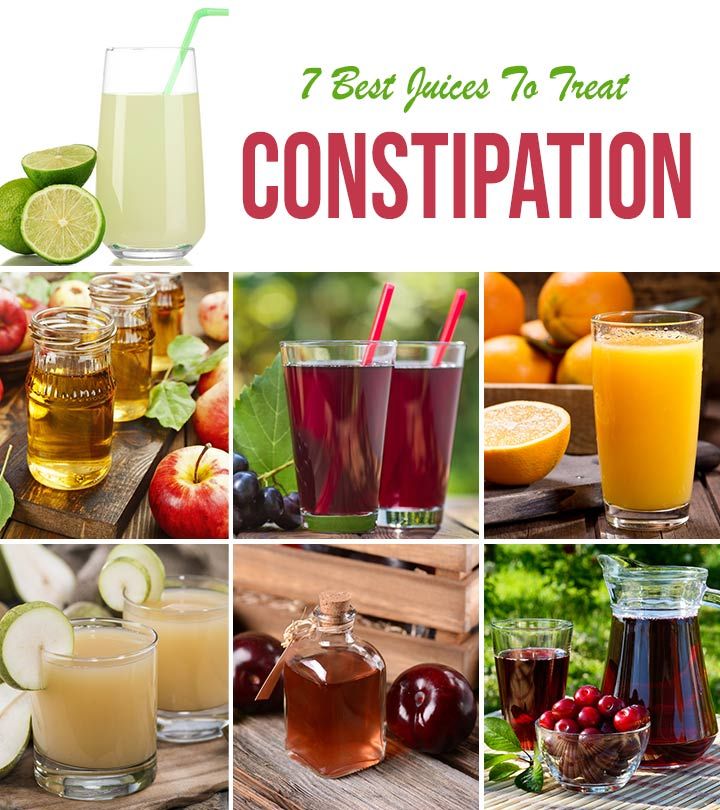
The daily dose of bran is brewed with a small amount of boiling water. It is kept under the lid for 30-40 minutes, then the excess water is drained, and the swollen bran is added to the child's food, most often to porridge. You can add them to kefir, cottage cheese, vegetable and fruit puree. You can add the entire daily dose of bran in one serving of food, can be divided evenly into breakfast, lunch and dinner.
Exercises for constipation. Helps or not?
In my experience, it helps a lot! Active and mobile children are less likely to suffer from constipation. For the prevention of constipation, sports are useful: running, swimming, gymnastics, squats, tilts, exercises to strengthen the abdominal press.
A child suffering from constipation, in addition to following a diet and drinking regimen, is recommended to do a few simple things in the morning:
- Get up early so that there is enough time for all morning activities, including going to the toilet, water (possible with a mixture of dried fruits),
- Perform the following exercises - Starting position standing: take a deep breath, then a deep breath, then draw in the stomach as much as possible and stick it out.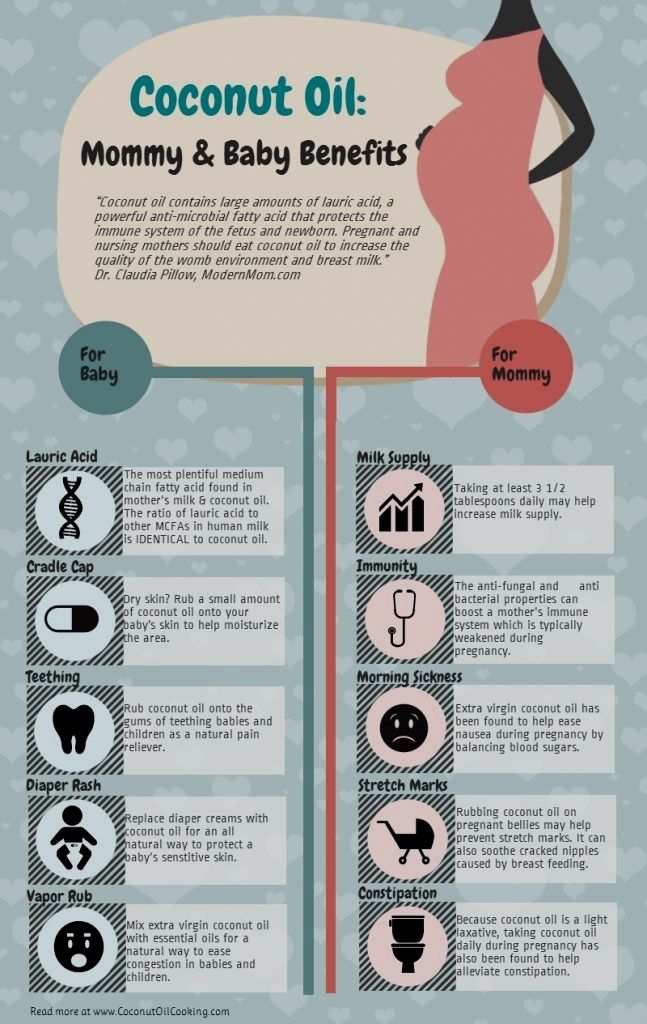 Repeat the exercises several times.
Repeat the exercises several times.
There is a good chance that after this the child will want to go to the toilet.
Abdominal massage is also useful.
Is constipation so dangerous?
The causes, and hence the consequences of constipation can be different:
• stress - you need to create a calm environment for the child,
• rectal fissures - you need to contact the surgeon,
• arbitrary retention of stool - you need to talk with the child, try to work out morning defecation schedule.
And the consequences can be different. It is always better to find out the causes of the disease with your pediatrician. So you can avoid dangerous consequences.
It is not recommended to give a child laxatives and suppositories on their own, as well as to repeat cleansing enemas frequently. If for a long time (more than 1 month) it is not possible to establish a regular chair for a child, you need to see a doctor. Diet
Let your baby be always healthy!
And the pediatricians of the clinic "Lor Plus" are ready to answer the questions of mothers and fathers about the well-being of the child and the prevention of childhood diseases.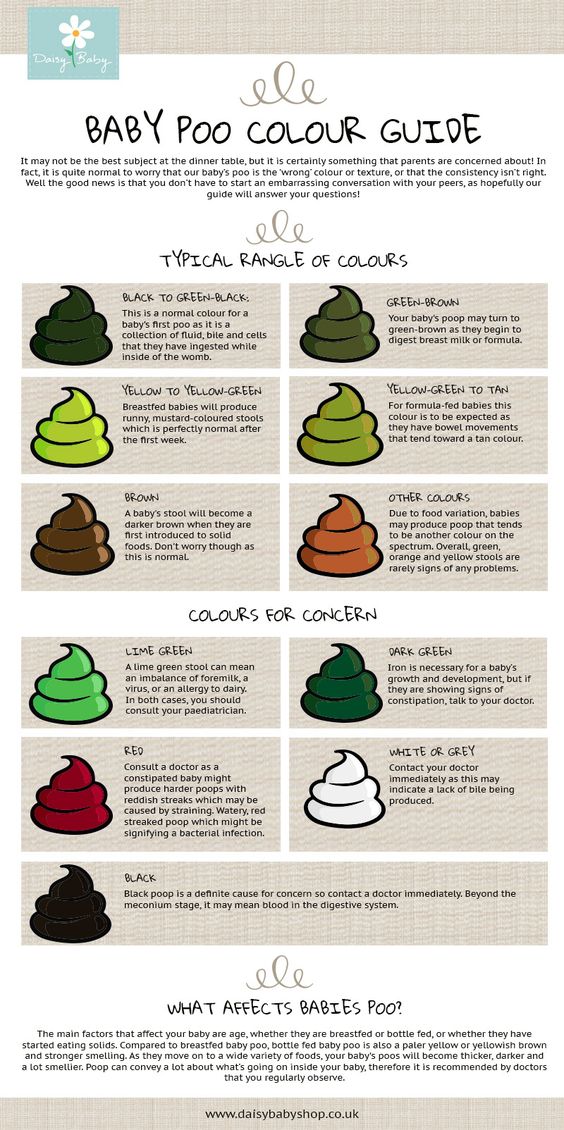
Come to our clinic!
Experienced pediatricians see children in our clinics:
Marakulina Anna Gennadievna (pediatrician, doctor of the highest qualification category, experience 29 years)
Fedoseeva Olesya Andreevna (pediatrician).
Our doctors:
- They will pick up the key to a crying baby,
- They will calm the worried mom,
- They will quickly make the correct diagnosis,
- They will prescribe an effective treatment.
Make an appointment with the Pediatrician at a convenient time for you
| You can make an appointment by phone. +7(342)258-258-8 or through the registration form below. Appointment with a doctor through the Administrator of the clinic Leave your details, our Administrator will call you back in the near future, consult on the cost of services, select the best time for your appointment. Your name Your phone number Message By clicking on the button, you consent to the processing of your personal data. |
Please note that:
- When visiting the clinic for the first time, it is advisable to arrive 10 minutes before the appointed time in order to fill out a medical history and sign an agreement, informed consent for medical intervention. You can familiarize yourself with the texts of these documents here.
- To sign the contract, you must have a passport with you.
- If the patient is a child (up to 18 years of age inclusive!), then one of the parents or guardian must come to the appointment with the child and sign the contract and consent.
- Think in advance and formulate the problem with which you go to the doctor.
- If you have the results of previous examinations and analyzes, we recommend that you take them with you to an appointment with a specialist.
